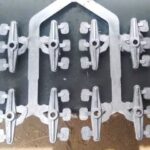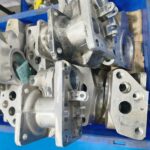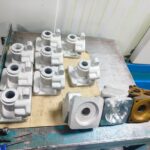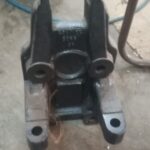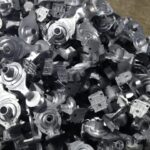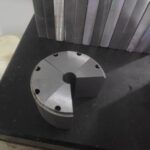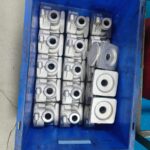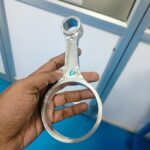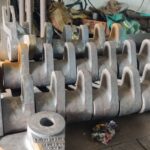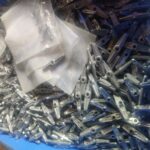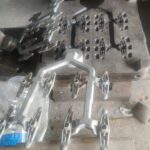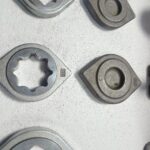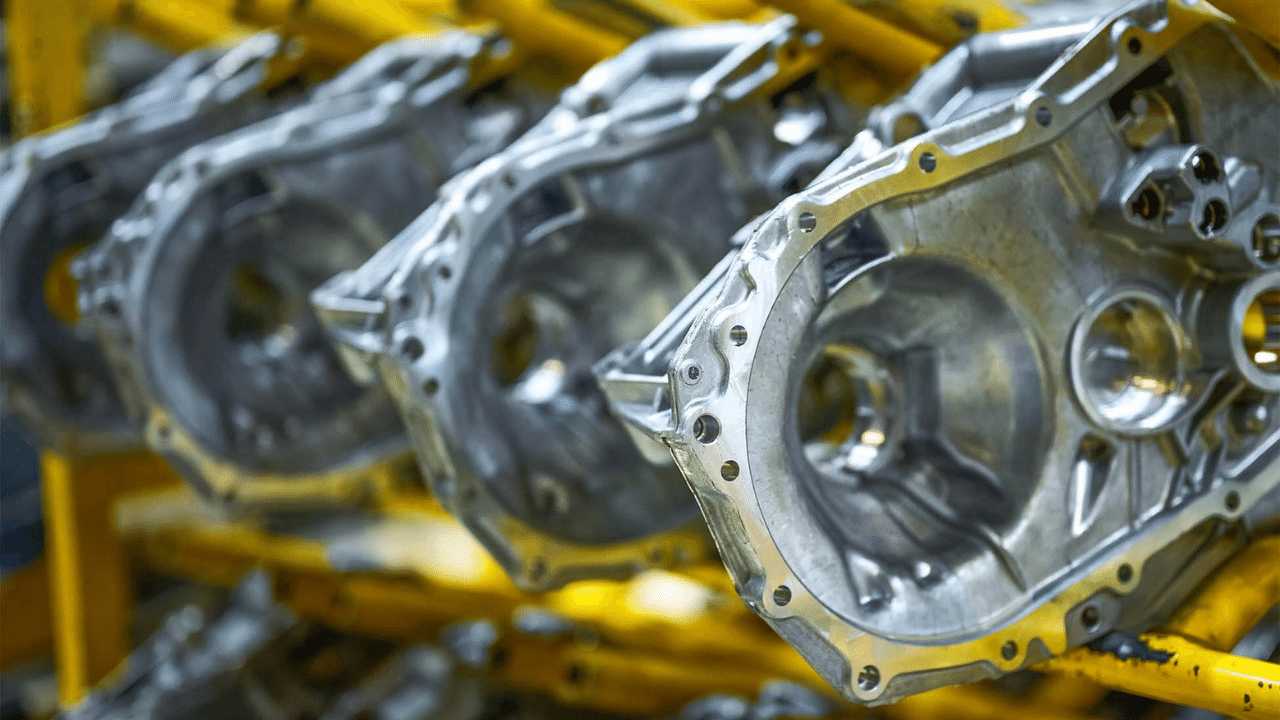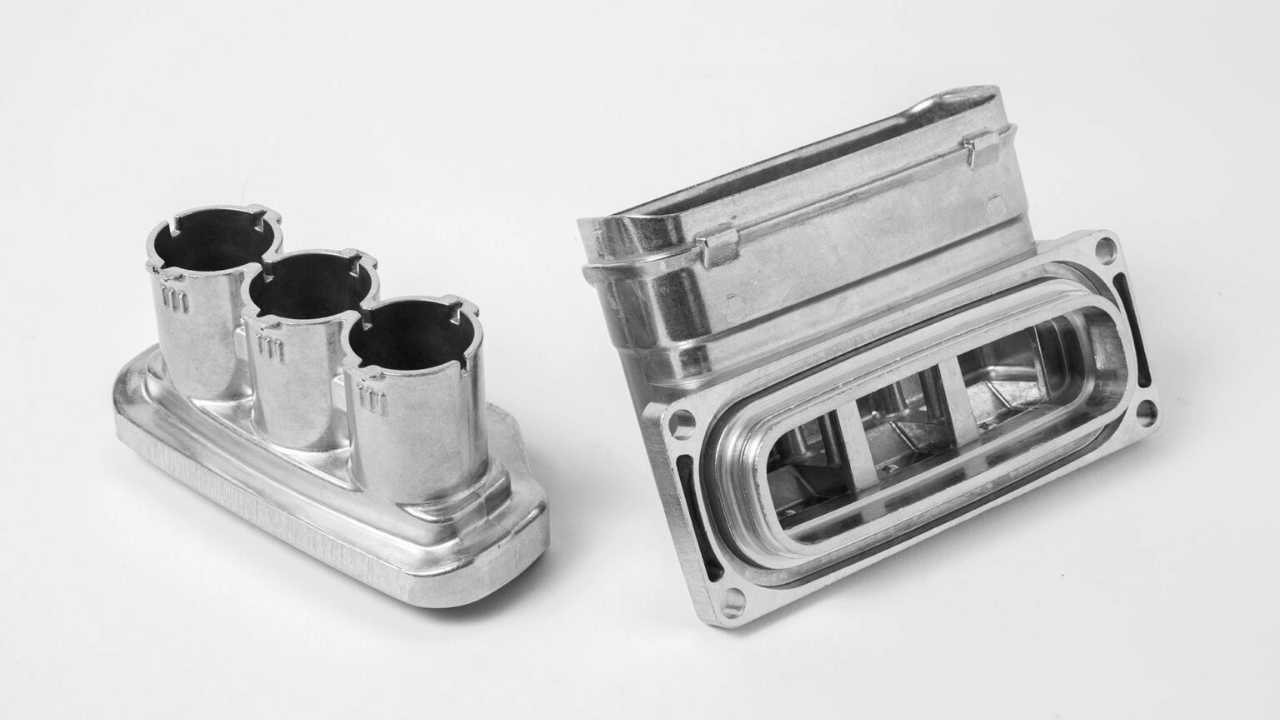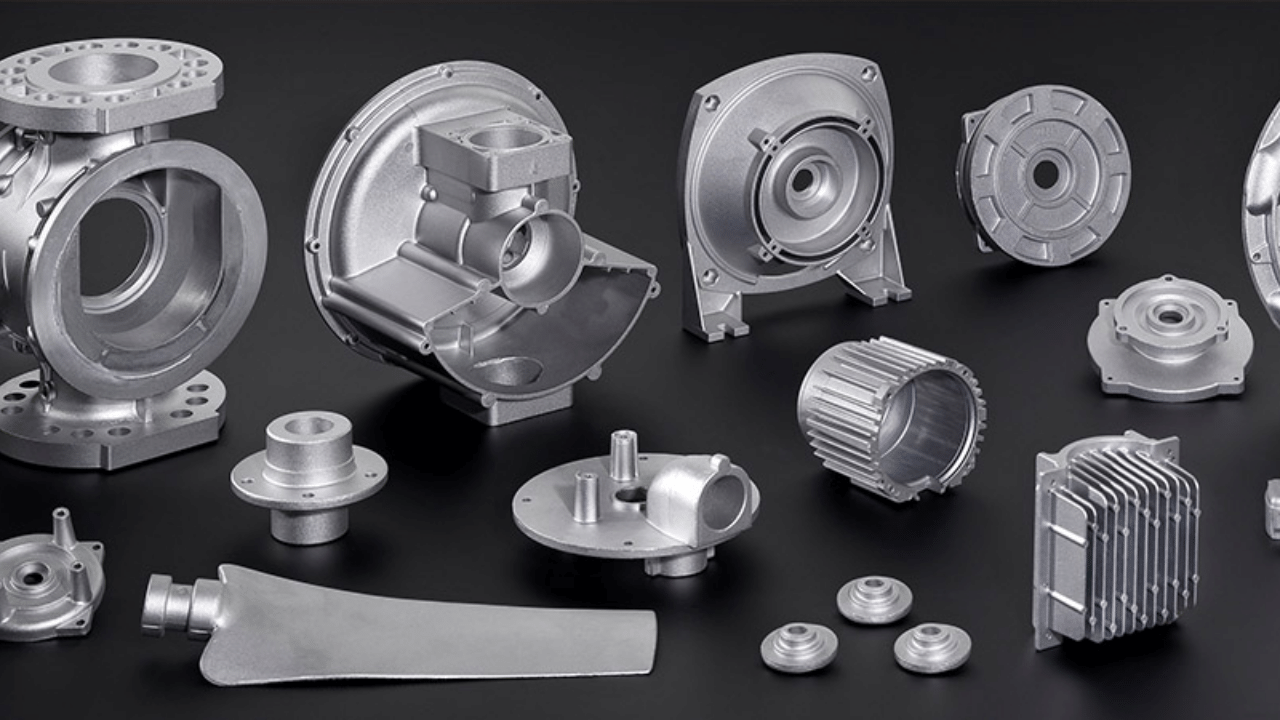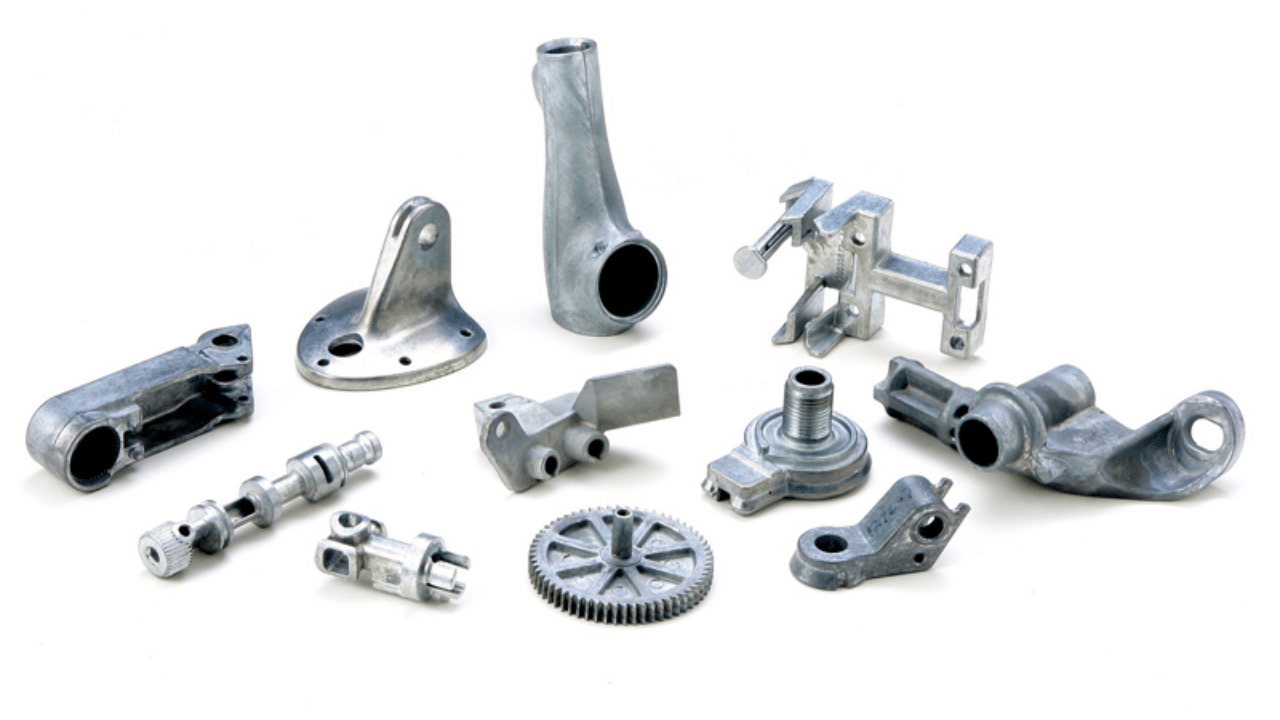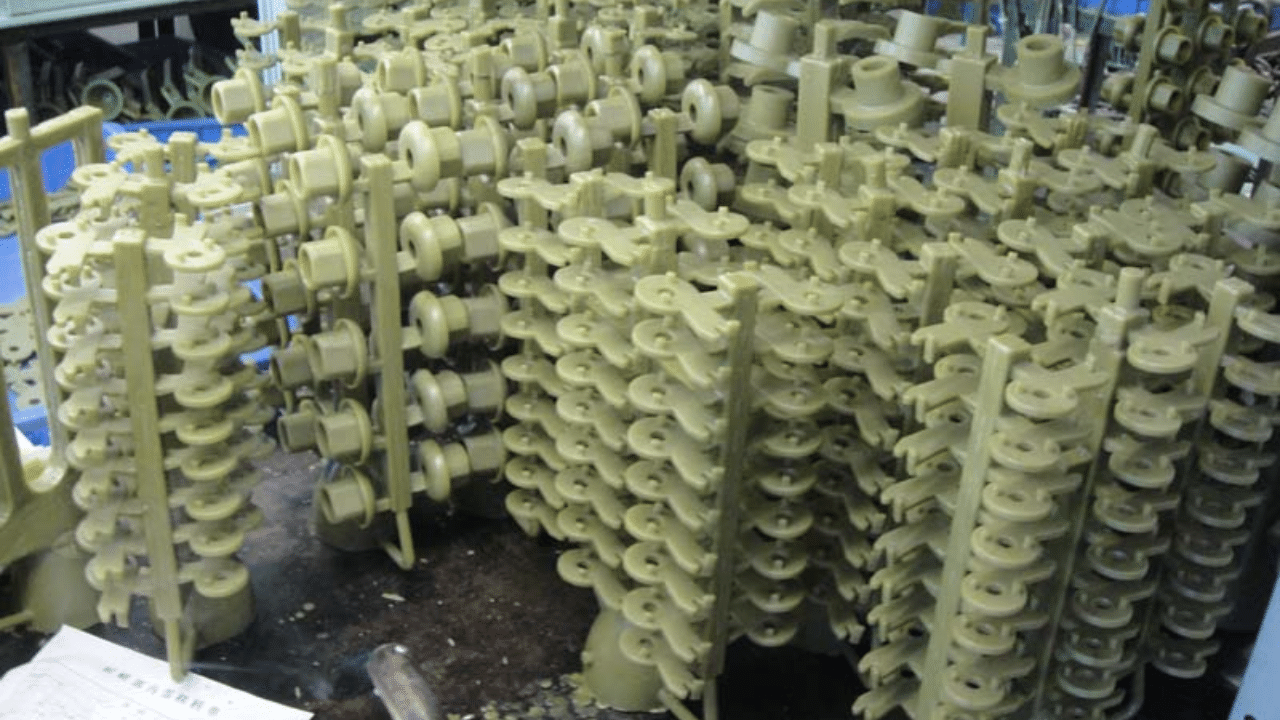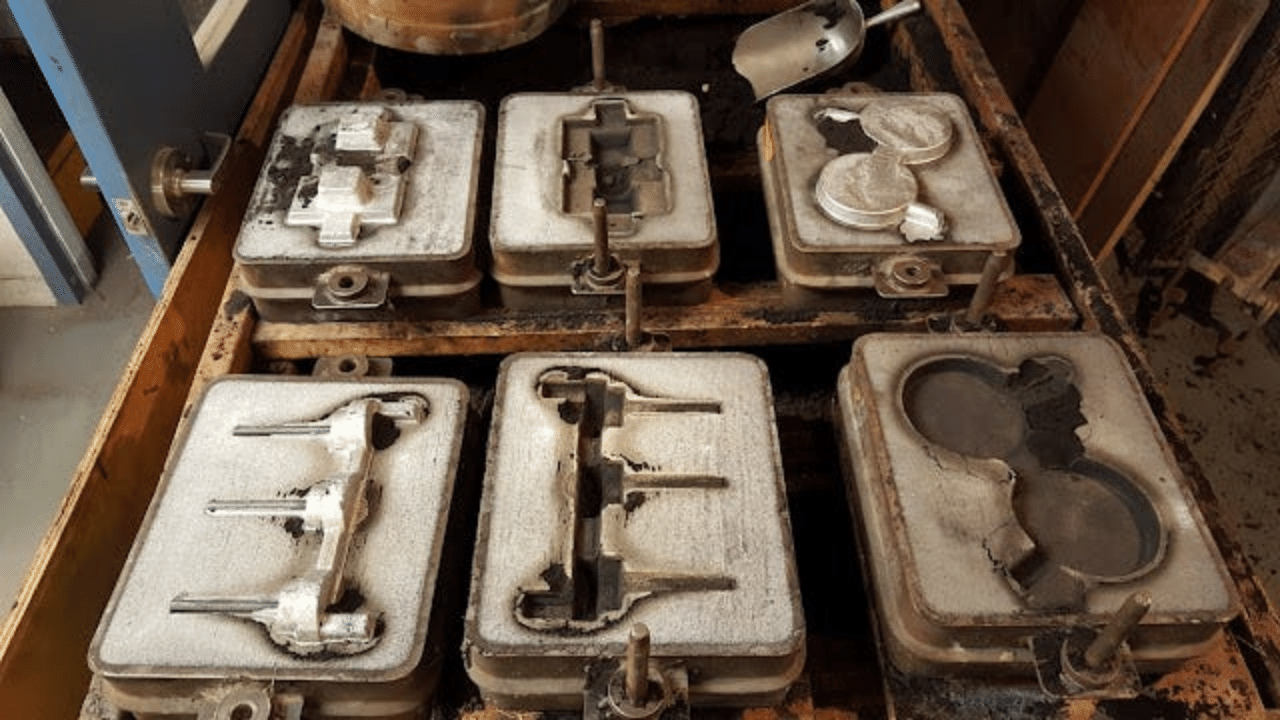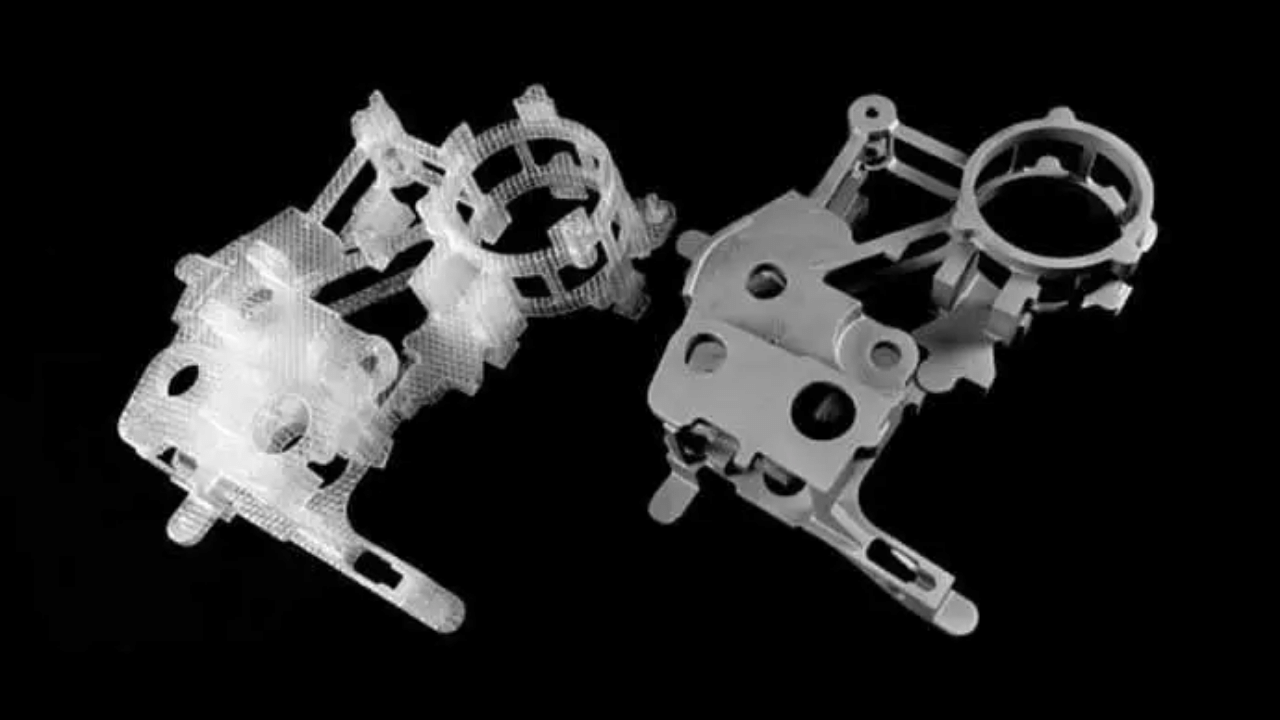Casting Services
Frigate offers a comprehensive suite of B2B casting services, providing high-quality, near-net-shape components for your demanding projects. Our technical expertise ensures optimal part performance and cost-effective production.

What We Do
Our Casting Offerings
Partner with Frigate Engineering and unlock new technical expertise for your B2B manufacturing projects.
Get Your Quote Now
- Instant Quotation
- On-Time Delivery
- Affordable Cost
Multi-Disciplinary Casting Expertise
Precision Engineered for Performance
We leverage a deep understanding of material properties, solidification mechanics, and mold design principles to optimize casting processes for your specific requirements.
Advanced Simulation & Modeling plays a crucial role in our casting solutions. We simulate casting processes to predict potential solidification defects and optimize gating systems for exceptional directional solidification and microstructure control.


Precision casting ensures accurate, high-quality parts for complex applications.
Our Clients






























Our Business Verticals
Automotive
Aerospace
Oil & Gas
Defense
Construction
Energy Sector
Healthcare
Electrical
Technical Advantages of Frigate
We offer a wide range of casting techniques to suit your specific project requirements. These include sand casting, investment casting, die casting, and lost-foam casting, each with its own advantages for part complexity, dimensional accuracy, and material suitability.
Our team of experts will guide you in selecting the most appropriate process for your application.
We utilize state-of-the-art molding technologies, including 3D printing for mold creation, to ensure exceptional dimensional accuracy and repeatability in your castings.
Our team possesses in-depth knowledge of various casting materials, including ferrous and non-ferrous alloys. We can recommend the optimal material based on your project's specific strength, weight, corrosion resistance, and other performance requirements.

Advanced Finishes for Premium Performance
When you require high-performance or distinctive aesthetics, Frigate delivers with our advanced finishes,
It provides corrosion resistance with optional wear resistance for demanding applications.
Unlimited color choices for complete customization.
Enhance performance with nickel, chrome, and other options.
Improves paint adhesion and guards against corrosion, all while maintaining conductivity.
Smooth surfaces and eliminate sharp edges for a polished finish.

Why Choose Frigate for Custom Casting?
Frigate Engineering adheres to strict quality control procedures throughout the casting process. We employ advanced inspection techniques such as X-ray, ultrasonic testing, and dimensional analysis to ensure castings meet your specifications and industry standards.
Our in-house FEA capabilities allow us to analyze casting designs for potential stress points and optimize them for strength and performance. This minimizes the risk of casting defects and ensures parts can withstand intended loads and operating conditions.
We utilize CMMs, ultrasonic testing, and other non-destructive testing (NDT) methods to verify dimensional accuracy, material properties, and weld integrity. This guarantees parts meet your exact specifications and comply with industry standards.

Our Casting Process






A model of the desired part is made using wood, metal, or plastic. This pattern forms the shape of the mold.
Sand, ceramic, or metal is shaped around the pattern to create a cavity. The mold must withstand high temperatures and have channels for pouring molten material.
Metals or alloys like aluminum, steel, or iron are heated in a furnace until they become liquid. The temperature must match the metal’s melting point.
The liquid metal is poured into the mold through the gating system, ensuring it fills the cavity without air bubbles.
The metal is allowed to cool and solidify. The cooling rate affects the material's strength and structure.
The mold is broken to release the cast part. Finishing processes like trimming, grinding, or polishing are performed to achieve the desired shape and surface quality.
Post Processing Services in Casting
Post-processing in casting improves structural integrity and dimensional accuracy. It enhances surface quality and ensures compliance with industry standards. These processes optimize mechanical, thermal, and corrosion-resistant properties of cast components.
Automotive (engine blocks, transmission cases)
Aerospace (turbine blades, structural parts)
Industrial (gears, shafts, wear-resistant parts)
Medical (implants, surgical tools)
Marine (valves, pump housings)
Electronics (connectors, heat sinks)
Defense (armor plates, weapon components)
Power (turbine casings, pressure vessels)
Consumer Goods (jewelry, kitchenware)
Heavy Machinery (bearings, structural beams)
Construction (brackets, supports)
Aerospace (fasteners, brackets)
Medical (stainless steel surgical tools)
Electronics (housings, enclosures)
Automotive (sub-assemblies, engine parts)
Methoding in Casting
Automotive – Engine Blocks, Aerospace – Turbine Blades
Heavy Machinery – Gear Housings, Marine – Propellers
Automotive – Brake Calipers, Aerospace – Wing Brackets
Industrial Equipment – Pumps, Railway – Couplers
Die Casting – Transmission Housings, Medical – Surgical Tools
General Engineering – Hydraulic Valves, Defense – Missile Casings
Automotive – Cylinder Heads, Industrial – Bearings
Heavy Engineering – Turbines, Structural – Steel Castings
Aerospace – Jet Engine Components, Rail – Axle Boxes
Marine – Propeller Blades, Construction – Structural Beams
Foundry – Cylinder Liners, Industrial – Manifolds
Die Casting – Automotive Covers, Defense – Shell Casings
Aerospace – Nozzles, Automotive – Intake Manifolds
Foundry – Large Steel Castings, Industrial – Pumps
Gating Ratio

Casting Materials
Our casting services offer a fusion of precision and creativity, molding metals into bespoke designs with finesse. Whether it’s iron’s resilience or bronze’s fluidity, we bring your visions to life with expert craftsmanship.
Cast Metal Materials
Aluminum alloys are the most widely used for cast parts. Aluminum casting suppliers benefit from the total recyclability of the material and its ease of use. Due to the comparatively higher melting point, aluminum casting may require a cold chamber casting process. Engineers use cast aluminum parts primarily for their great strength-to-weight ratios, dimensional stability, and diverse finishing options. Some of the other common characteristics of cast aluminum alloys are:
- Withstand high operating temperatures
- Corrosion Resistance
- Good stiffness
- High thermal and electrical conductivity
Engineers and designers can choose from various alloys for their aluminum casting parts. Frigate offers the most popular aluminum casting alloys, including:
- A360.0
- A380.0
- A383.0 (ADC12)
- A413.0
Zinc is the easiest to cast material among the casting metals and is typically used in hot chamber processes. Molten zinc has exceptional casting fluidity and a lower melting point. Its strength and stiffness allow it to produce parts with thinner walls and highly detailed features and maintain tight tolerances. The low melting point of casting zinc alloys means the casted parts cool off and solidify more quickly, which results in the fastest production rates of the casting materials. Zinc is an all-around well-performing material due to its balance of mechanical and physical characteristics, which include,
Impact strength
High hardness
Great stability
High-quality surface finish and easily plated
Low melting point
Frigate offers the most popular types of Zamak and ZA casting zinc alloys. More specifically, those alloys include,
Zamak 2 (ZA-2)
Zamak 3 (ZA-3)
Ferrous casting
Mold size(max): 1m X 1m
Weight Range: 1 KG ~ 30 KGS
Mold size(max): 1.5m X 1.5m
Weight Range: 30 KG ~ 150 KGS
Mold size(max): 3m X 3m
Weight Range: 100 KG ~ 1000 KGS
Mold size(max): 500 MM X 500 MM
Weight Range: 0.250 KG ~ 20 KGS
Mold size(max): 500 MM X 500 MM
Weight Range: 0.100 KG X 20 KGS
Frigate Approach
Frigate's Pressure & Gravity Casting Solutions
Frigate delivers unparalleled expertise across both Pressure and Gravity Casting processes. We excel in producing complex, high-quality parts for the automotive and transportation industries.
Our Pressure Casting capabilities encompass intricate components like two-wheeler crankcases, Vehicle Clutch Housings, and Vehicle Gear Box Housings.
Furthermore, our Gravity Casting mastery extends to crafting visually striking and functional parts such as Two Wheeler Alloy Wheels, Disc + ABS Brakes, and Two Wheeler Swing Arms. Frigate is your one-stop shop for exceptional casting solutions.

Compliance for Casting Services
Frigate Die Casting Services adheres to stringent compliance standards to ensure high-quality, safe, and reliable casting solutions for diverse industries. Each step in the casting process aligns with international and industry-specific regulations, ensuring precision, durability, and performance for every product. Our commitment to compliance guarantees that every casting meets technical and safety benchmarks.
Certified manufacturing processes for quality assurance and consistency, ensuring efficient production and meeting international standards.
Full compliance for material tracking, ensuring accountability and compliance with industry-specific standards.
Adherence to specific material properties and performance standards required for casting applications in diverse industries such as automotive and aerospace.
Conformance for environmental management, ensuring responsible waste management and emissions control.
Strict compliance to maintain a safe working environment for all personnel and meet safety standards.
Rigorous conformance to client-specific technical and regulatory standards, including compliance with FDA, RoHS (Restriction of Hazardous Substances), and REACH directives, where applicable.

Tonnage / Capacity in Casting
Determines mold locking capability (Die casting, Injection molding)
Defines max metal volume per cycle (Automotive, Aerospace)
Limits casting dimensions (Small electronics to heavy machinery)
Affects material flow & porosity (Thin-wall castings, Complex geometries)
Impacts production speed (High-volume manufacturing)
Influences microstructure & mechanical properties
Determines max component weight (Small brackets to ship propellers)
Required to remove casting from the mold (Thin-wall parts, Large castings)
Defines application across industries (Automotive, Aerospace, Medical)
Affects post-processing requirements (Precision parts vs. heavy castings)
Impacts aesthetic & functional properties (Polished vs. rough cast)
Dimensions in Casting
Casting dimensions determine a component’s size, shape, and wall thickness. They are influenced by material behavior and mold design. Precise control ensures structural integrity and functionality. Tolerances account for shrinkage and warping. Proper dimensions minimize defects and meet design requirements.
Surface Finish (Ra in µm) - 12.5 - 25 µm
Suitable for large parts; tolerance depends on mold quality and material shrinkage.
Surface Finish (Ra in µm) - 1.6 - 6.3 µm
High precision for small to medium parts; excellent for complex geometry.
Surface Finish (Ra in µm) - 0.8 - 3.2 µm
Tight tolerances for high-volume production; suitable for thin-walled parts.
Surface Finish (Ra in µm) - 3.2 - 12.5 µm
Good dimensional accuracy for medium-sized parts; better than sand casting.
Surface Finish (Ra in µm) - 3.2 - 12.5 µm
Suitable for parts requiring high integrity and moderate precision.
Surface Finish (Ra in µm) - 6.3 - 12.5 µm
Used for cylindrical parts; tolerances depend on rotational speed and mold design.
Surface Finish (Ra in µm) - 12.5 - 25 µm
Used for long products like bars and slabs; tolerances depend on cooling and solidification rates.
Surface Finish (Ra in µm) - 1.6 - 6.3 µm
High precision for parts requiring high strength and integrity.
Surface Finish (Ra in µm) - 0.8 - 3.2 µm
High precision and surface finish for critical applications like aerospace and medical.

Tolerance for Casting Services
Precision in part size, depending on casting method and material properties, with tighter tolerances achievable through precision casting techniques.
The roughness of the surface, influenced by casting method, material type, and finishing processes, ensures functionality and aesthetics for functional parts.
Critical for high-precision parts requiring consistent weight for balance or assembly integration, with precision managed through mold design and material control.
The consistency in wall thickness to prevent weak spots or material waste; affects part strength, cooling rates, and mold design.
Deviation from a true straight line in casting, important for parts requiring exact alignment during assembly or functional use.
Critical for parts requiring exact flat surfaces to fit tightly within assembly components, affecting mechanical performance and assembly precision.
Key components like shafts, flanges, and bearings where any deviation from roundness could affect assembly and operational efficiency.
Shift in core position during casting, critical for ensuring precision in internal features or mating surfaces, with precision control through advanced molding techniques.
Ensuring minimal gas voids or material inconsistencies within the casting, impacting part strength, integrity, and operational performance.
Thread tolerances to ensure consistent fit for fasteners or connectors, impacting functional and assembly accuracy in high-precision mechanical parts.
Precision in draft angle ensures easy ejection of parts from molds, minimizing dimensional variations and surface damage during the casting process.
Accounts for material contraction during cooling, essential in mold design to counteract dimensional changes and achieve final part accuracy.

Quality Testing Standards for Casting Services
Verifies the metal alloy’s composition to ensure it meets material specifications and quality standards.
Measures the maximum stress a material can withstand before breaking, ensuring the part’s mechanical strength.
Determines the hardness of the casting, providing insights into material durability and resistance to wear.
Detects internal voids or air pockets that could affect part integrity and strength.
Assesses the part’s ability to resist sudden impact without fracturing, ensuring it performs under stress.
Evaluates the casting’s ability to withstand repeated stress cycles without failure.
Detects surface or near-surface defects such as cracks, which may compromise the casting’s structural integrity.
Examines the internal grain structure and phases of the material to ensure the casting’s properties are uniform and meet specifications.
Measures the casting’s response to temperature changes to assess its thermal properties and behavior during operation.
Ensures the part maintains its shape and dimensions during cooling and after production, identifying any warping or shrinkage.
Inspection Techniques
Value/Range - Qualitative
Automotive (Body panels), Aerospace (Welded joints)
Value/Range - ±0.01 mm to ±0.1 mm
Aerospace (Turbine blades), Automotive (Gears, Shafts)
Value/Range - 1-10 MeV
Aerospace (Castings, Welds), Oil & Gas (Pipelines)
Value/Range - 0.5–25 MHz, 0.1-10 mm
Power Plants (Turbine Blades), Automotive (Chassis Welds)
Value/Range - 600-3000 Gauss
Automotive (Crankshafts), Railways (Axles)
Value/Range - 0.001-10 mm
Aerospace (Landing Gear), Marine (Propellers)
Value/Range - 0.1-60% IACS
Aerospace (Heat exchangers), Power Generation (Turbines)
Value/Range - 1-5000 psi
Oil & Gas (Valves, Tanks), HVAC (Pipelines)
Value/Range - HRB 20-100, HB 100-600, HV 50-1000
Automotive (Gears, Bearings), Aerospace (Fasteners)
Value/Range - Qualitative & Quantitative
Aerospace (Alloy Components), Defense (Armor Plates)
Value/Range - ppm - % level
Metal Processing (Alloys), Automotive (Engine Components)
Value/Range - 10⁻⁶ to 10⁻¹⁰ mbar·L/s
HVAC (Refrigeration Systems), Aerospace (Fuel Tanks)
Value/Range - 50-500 kHz
Structural Monitoring (Bridges, Pressure Vessels)


Industry Applications
Investment Casting, Vacuum Casting
High precision, high-temperature resistance, and fatigue strength.
Die Casting, Sand Casting
High strength-to-weight ratio, dimensional accuracy, and heat resistance.
Sand Casting, Investment Casting
Corrosion resistance, high integrity, and ability to withstand extreme conditions.
Sand Casting, Investment Casting
High strength, durability, and compliance with MIL-SPEC standards.
Investment Casting, MIM
Biocompatibility, high precision, and smooth surface finish.
Sand Casting, Centrifugal Casting
High pressure and temperature resistance, corrosion resistance.
Sand Casting, Investment Casting
Corrosion resistance, high strength, and durability in seawater.
Sand Casting, Die Casting
High load-bearing capacity, wear resistance, and dimensional stability.
Die Casting, MIM
Thermal conductivity, electrical insulation, and miniaturization.
Sand Casting, Investment Casting
High fatigue strength, wear resistance, and safety compliance.
Sand Casting, Centrifugal Casting
High strength, durability, and load-bearing capacity.
Sand Casting, Investment Casting
Corrosion resistance, high strength, and ability to withstand environmental stress.
- Real Impact
Words from Clients
See how global OEMs and sourcing heads describe their experience with our scalable execution.
“Quick turnaround and solid quality.”
“The instant quote tool saved us time, and the parts were spot-on. Highly recommend Frigate!”
“I would strongly recommend Frigate to anyone who wants to do Rapid Prototyping, and take their ideas to manufacturing. One firm doing all kinds of Product Development!”
“Great service, fair price, and the parts worked perfectly in our assembly.”
“Top-notch machining and fast shipping. Very satisfied with the results.”
“The next disruption is happening in Prototyping & Manufacturing on-demand and Frigate is leading the way! I personally believe the Frigate's way of IIOT enabled cloud platform with Al.”
“Frigate delivered high-quality parts at a competitive price. The instant quote tool is a huge plus for us!”
“We appreciate the precision and quality of the machined components in the recent delivery—they meet our specifications perfectly and demonstrate Frigate’s capability for excellent workmanship.”
“Flawless execution from quote to delivery.”
“I am absolutely happy to work with supplier like Frigate who were quite proactive & result oriented . Frigate has high willingness team who has strong know how & their passion towards the products & process were absolutely thrilling.”
“The precision on these parts is impressive, and they arrived ahead of schedule. Frigate’s process really stands out!”
“Parts were exactly as spec’d, and the instant quote made budgeting a breeze.”
“Good value for the money.”
“The finish was perfect, and the team was easy to work with.”
“Working with Frigate has been great. Their proactive, results-driven approach and expertise shine through in every project. It's been a pleasure collaborating with them.”
"We are highly satisfied with the timely delivery and quality of the MIG Welding Cable from Frigate. Their attention to detail, secure packaging, and quick responsiveness stood out. We confidently recommend Frigate Engineering Services Pvt. Ltd. as a reliable manufacturing partner."
Having Doubts? Our FAQ
Check all our Frequently Asked Question
Casting is a manufacturing process that involves pouring molten metal into a mold cavity and allowing it to solidify. Once cooled, the solidified metal takes the shape of the mold cavity, creating a cast part.
Casting offers several benefits, including:
- Ability to produce complex shapes and sizes.
- Cost-effectiveness for high-volume production.
- Material flexibility with various metals, plastics, and ceramics.
- Design freedom for intricate details.
- Strength and durability of cast components.
We offer a wide range of casting materials, including aluminum, zinc, and various alloys. Our team can help you choose the right material for your specific application.
Standard casting uses pre-existing molds to mass-produce identical parts. Custom casting involves designing and creating a unique mold to produce parts according to your requirements.
Custom casting offers several advantages, including:
- Production of parts with unique shapes and features.
- Optimization for better performance and efficiency.
- Reduced costs through design optimization.
Contact Frigate Manufacturing today! We'll talk about your project requirements and give you a competitive quote.
Manufacturing Capability/Capacity
Ferrous casting
Mold size(max): 1m X 1m
Weight Range: 1 KG ~ 30 KGS
Mold size(max): 1.5m X 1.5m
Weight Range: 30 KG ~ 150 KGS
Mold size(max): 3m X 3m
Weight Range: 100 KG ~ 1000 KGS
Mold size(max): 500 MM X 500 MM
Weight Range: 0.250 KG ~ 20 KGS
Mold size(max): 500 MM X 500 MM
Weight Range: 0.100 KG X 20 KGS
Non-ferrous casting
Capacity: 5000 MT/a
Range of weight: 100 gm to 20 KGS
Mold size(max): 1 M X 1 M
Weight Range: 0.5 KG X 50 KGS
Mold size(max): 1 M X 1 M
Weight Range: 0.5 KG X 50 KGS
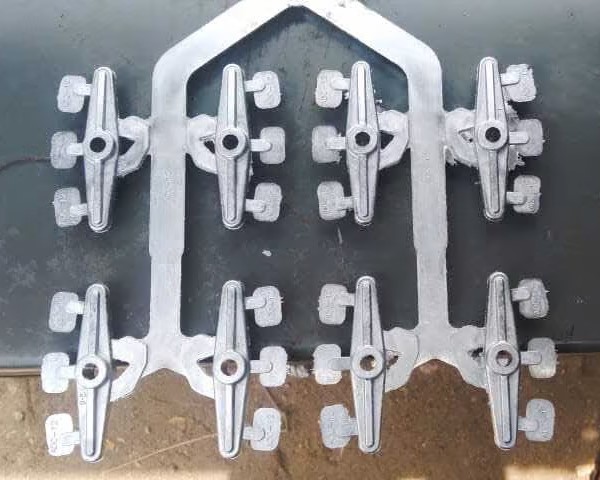
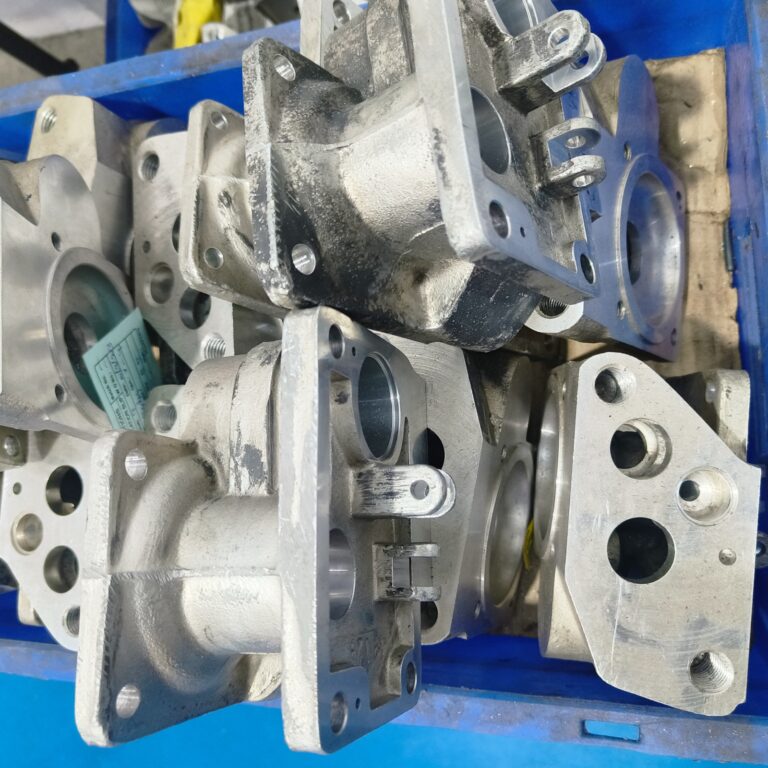
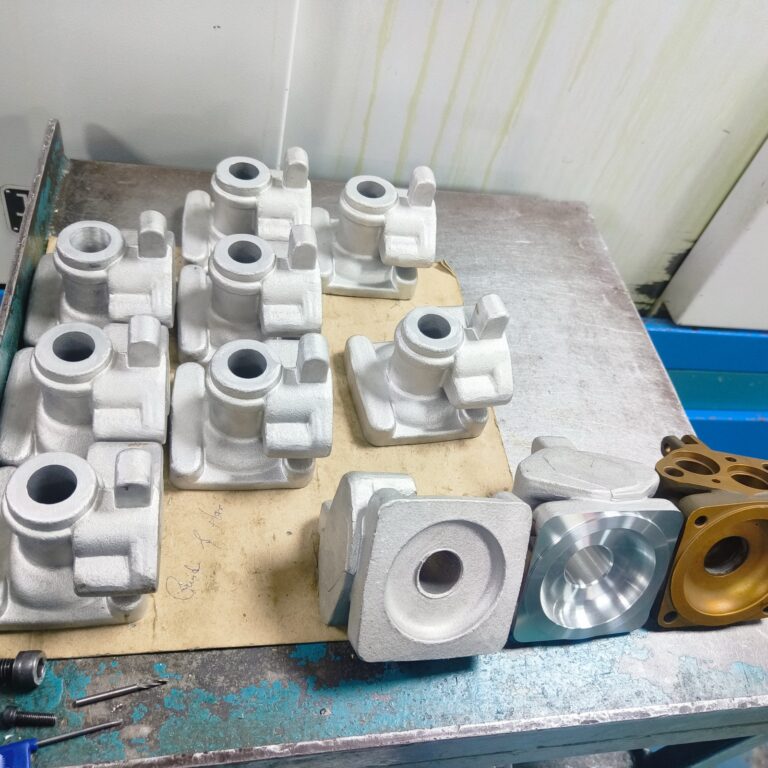
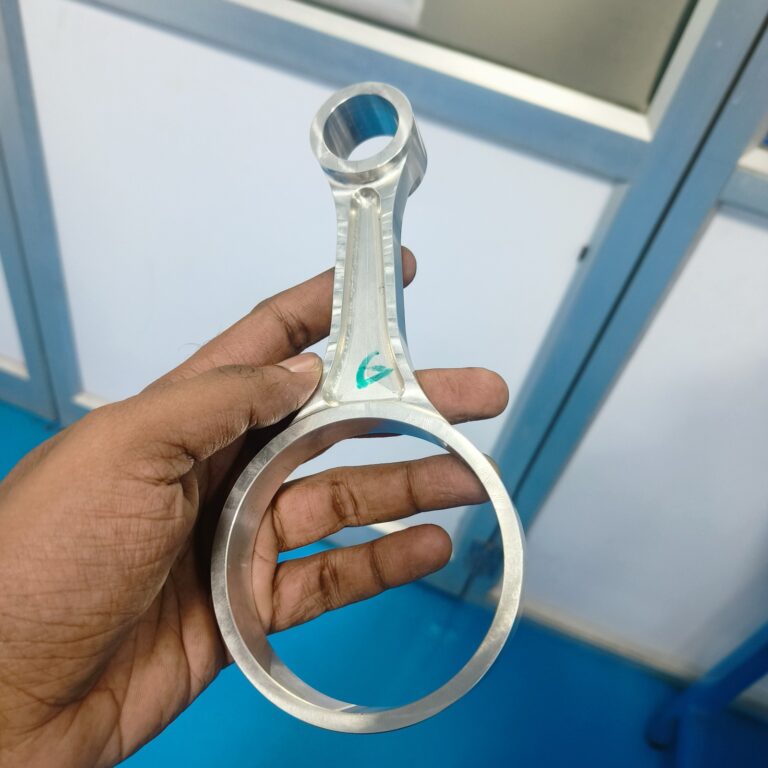
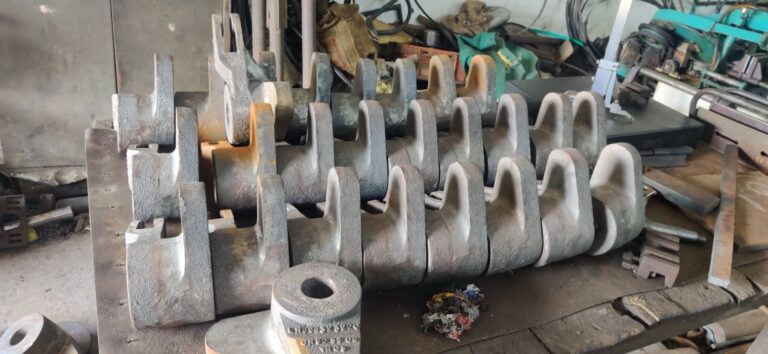
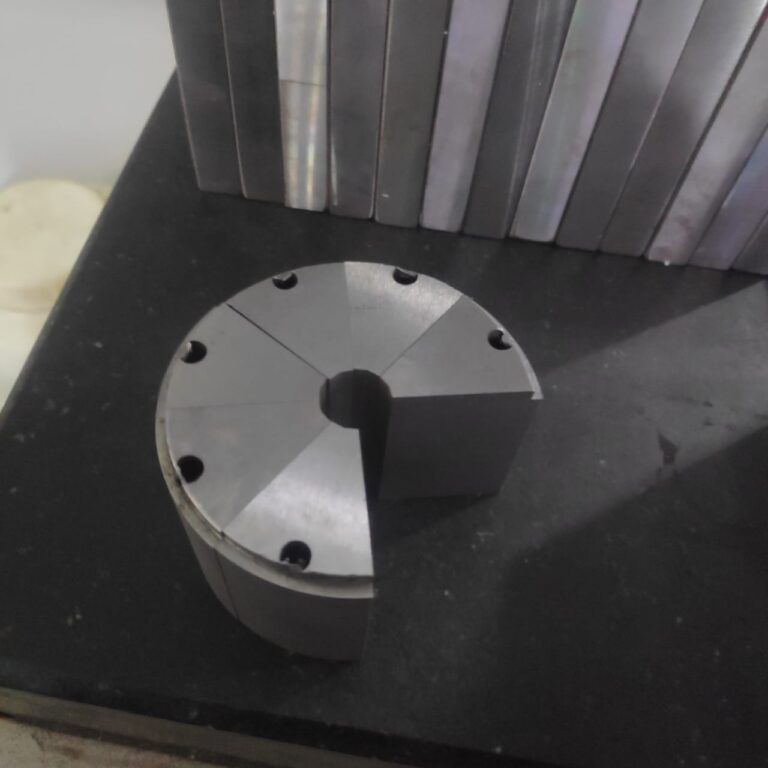
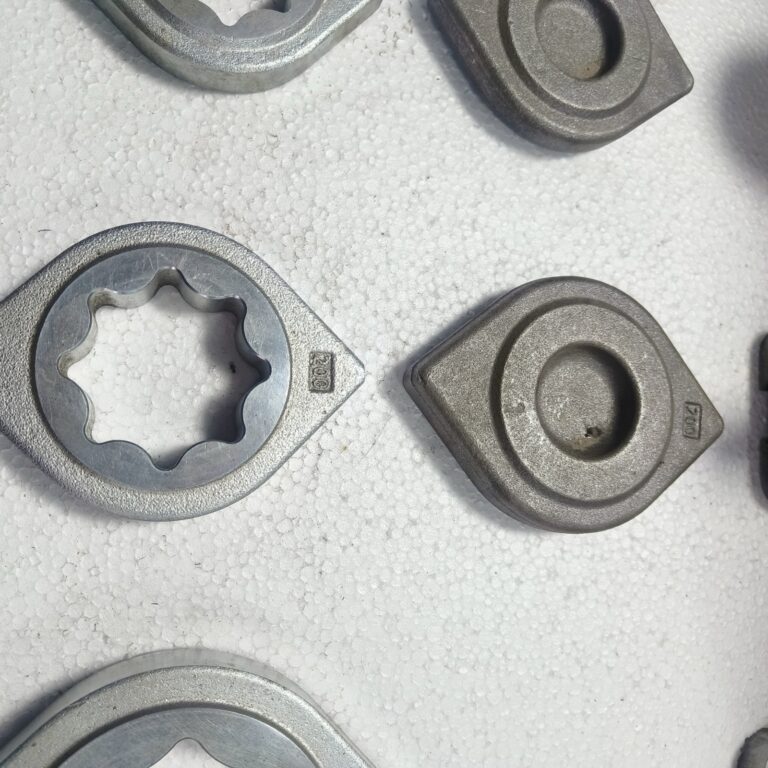
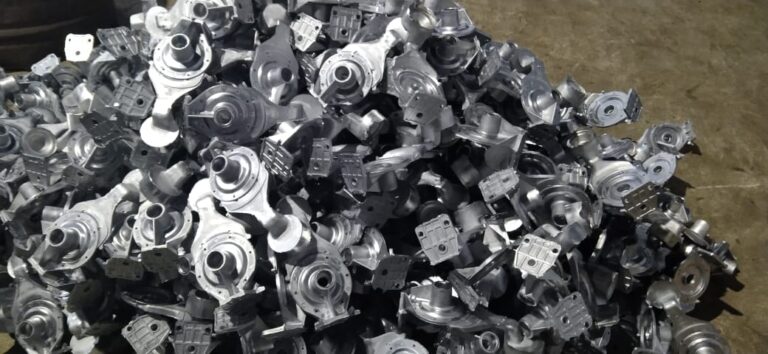
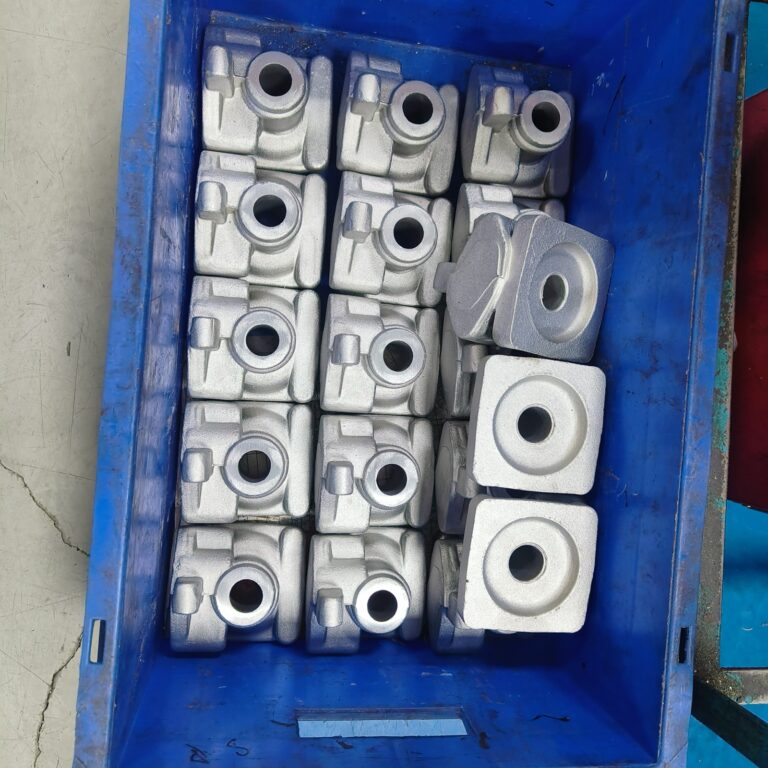
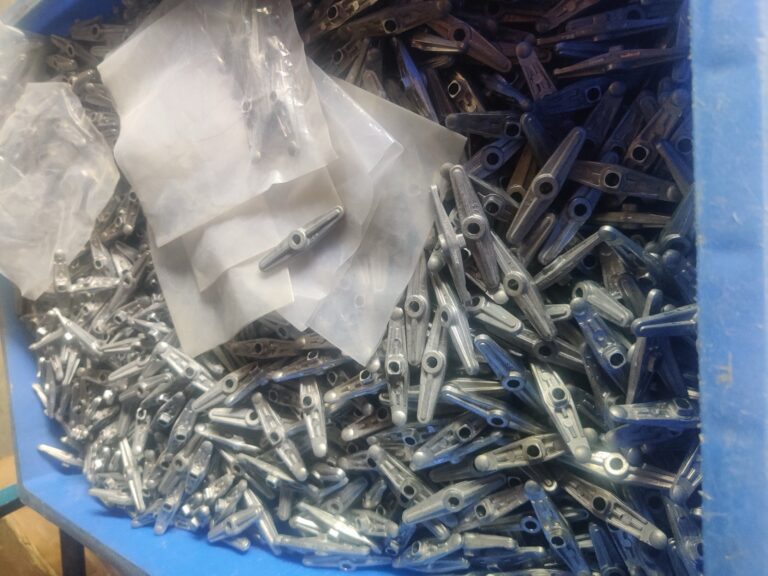
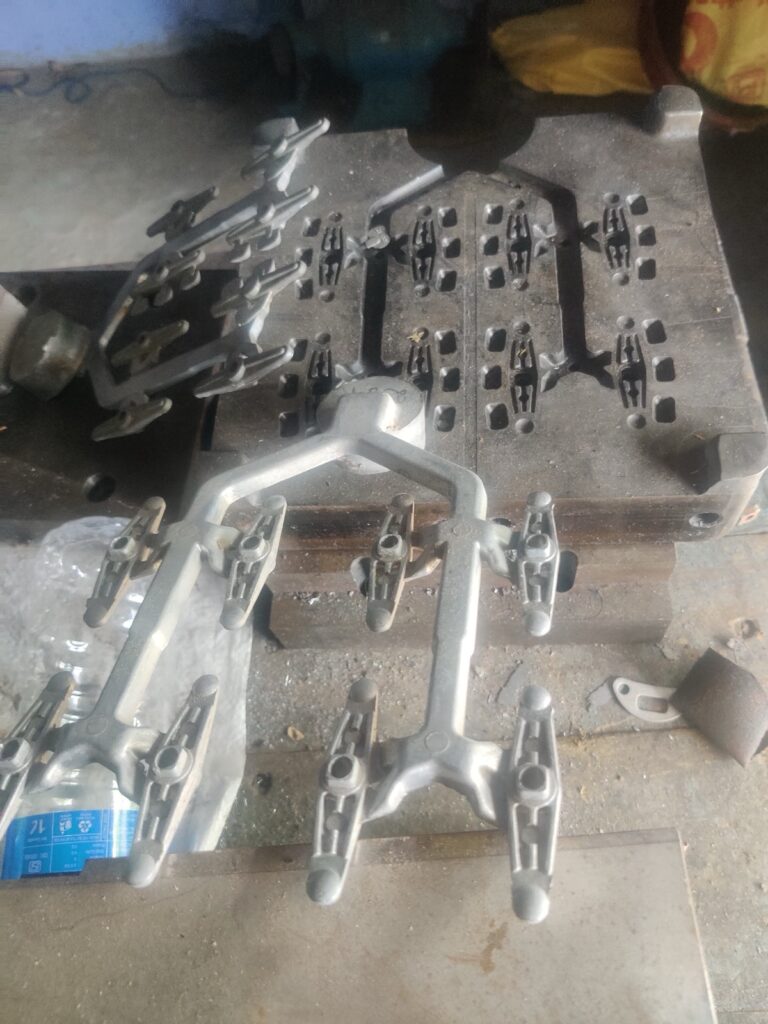
Forging
Capacity: 20,000 Tons per Annum
Range of weight: 300 KG to 1 Ton
Hammering: 5 Ton
Range of weight: 0.2 KG to 200 KGS
Hammering: 1600 Ton Hydraulic press
Ring size: 350 MM OD to 3000 MM OD
Range of weight: 15 KGS to 3200 KGS
Materials
Carbon Steel, Stainless Steel (AUSTENITE), Alloy Steel, Stainless Steel (MARTENSITE), etc.
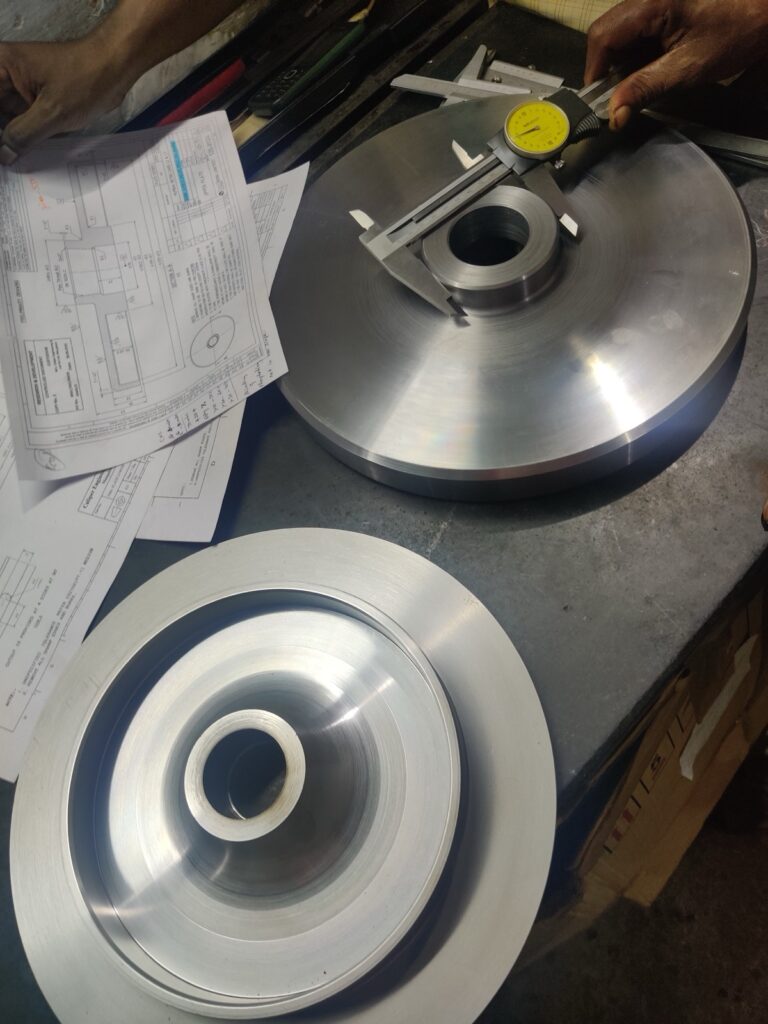
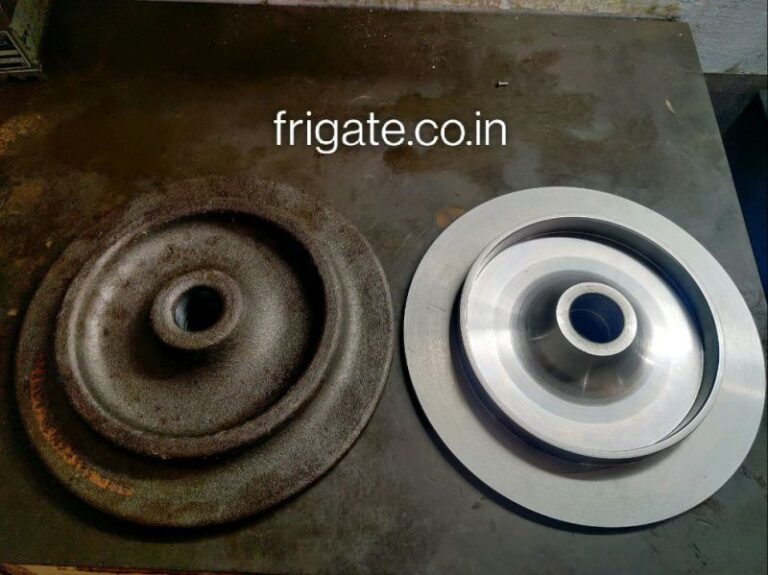
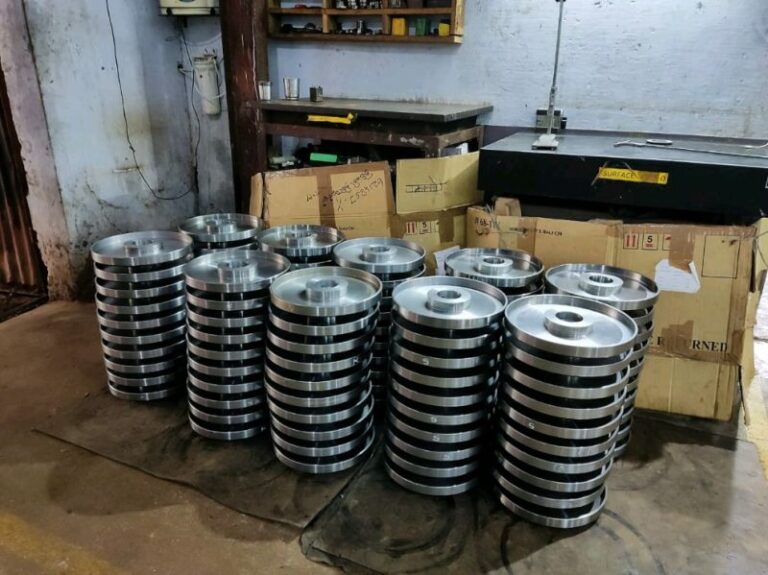
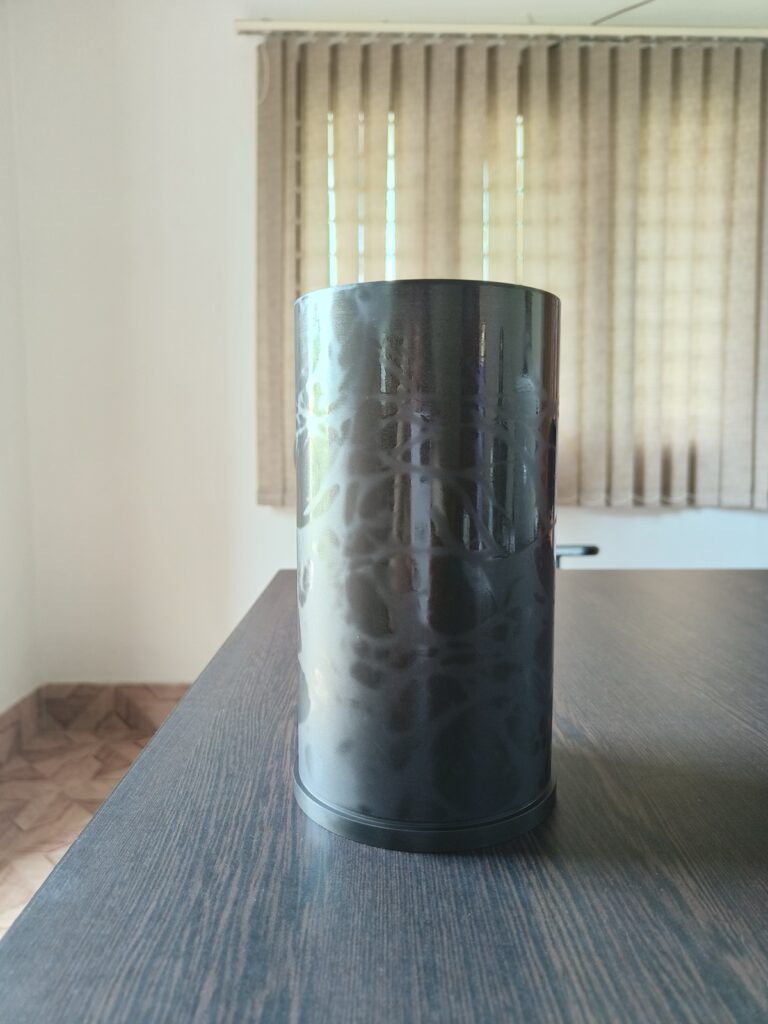
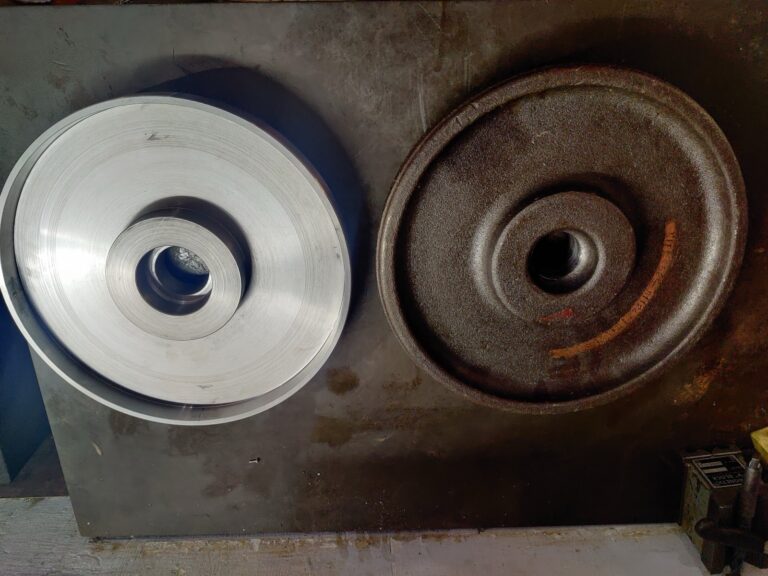
Machining
1 to 1000 MM
1 to 1000 MM
1 to 1000 MM
Materials
Steel, Aluminum, Brass, Copper, Titanium, Nickel Alloys, Tungsten Carbide, etc.
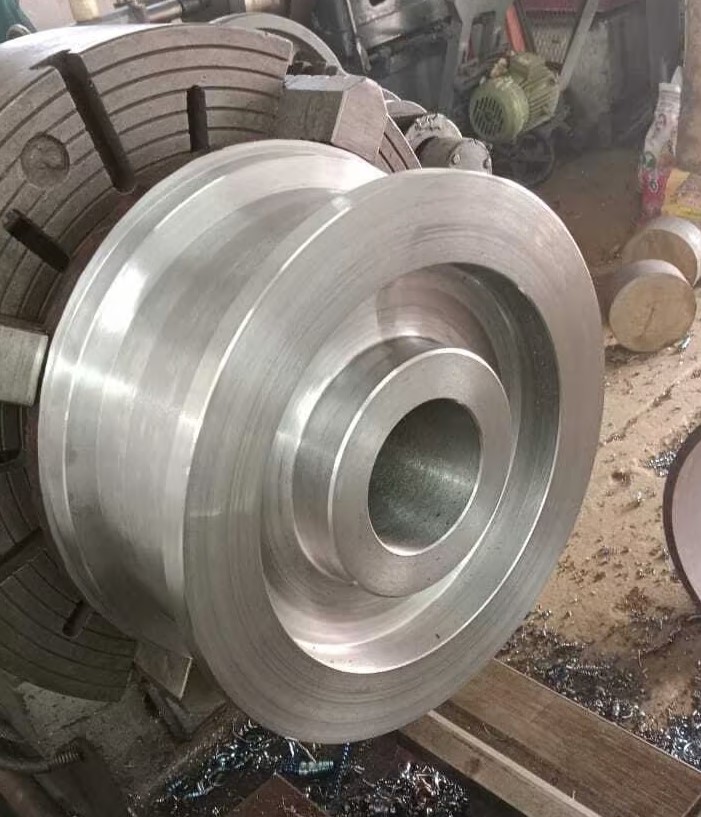
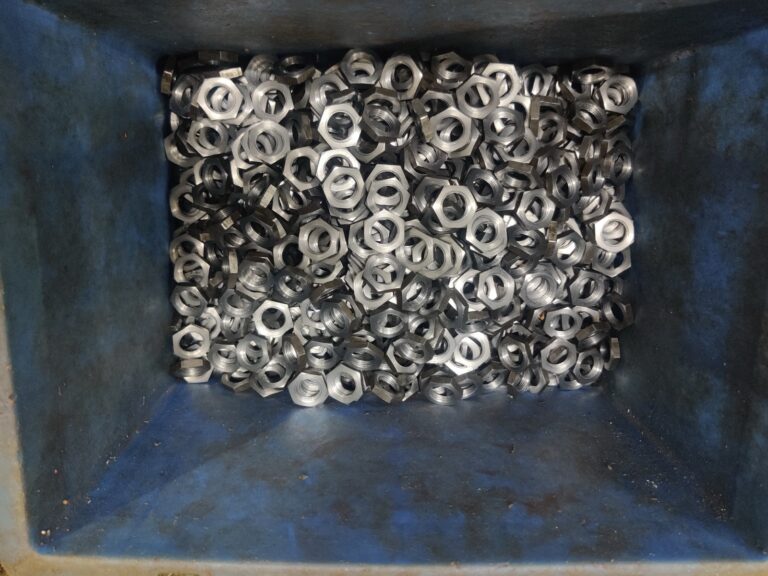
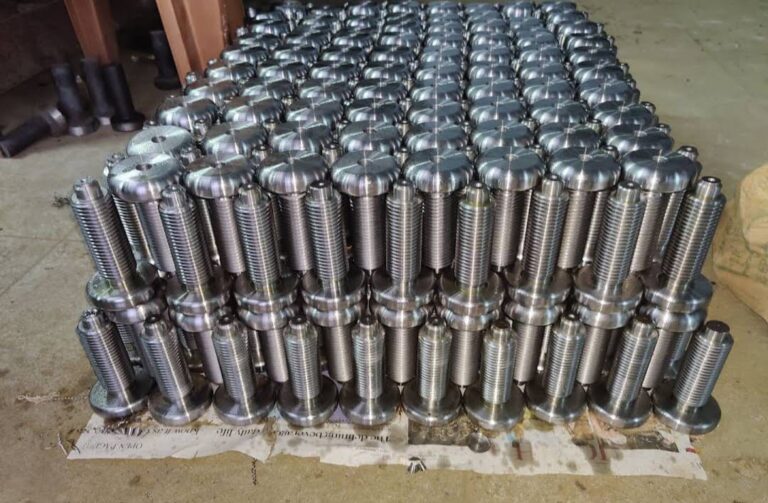
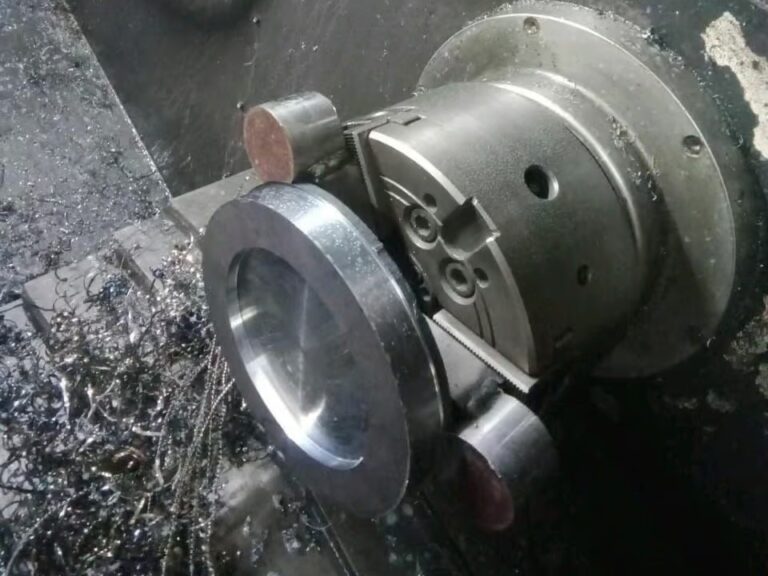
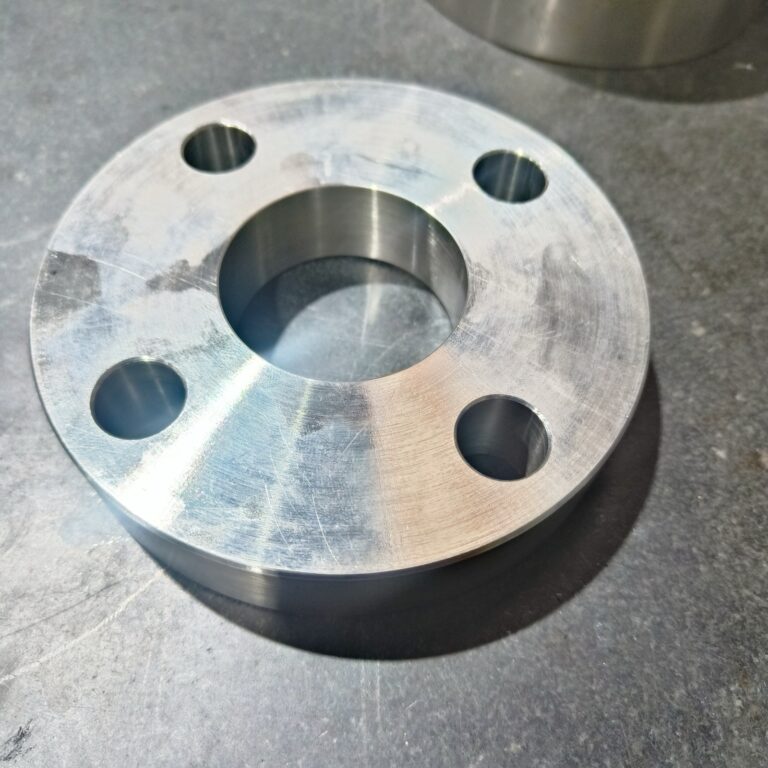
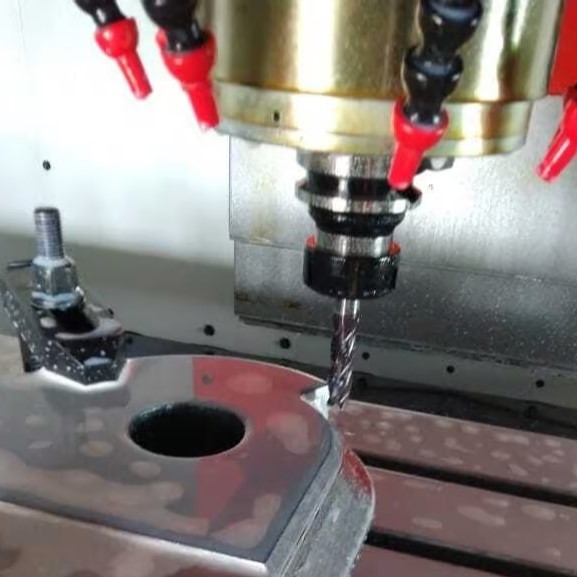
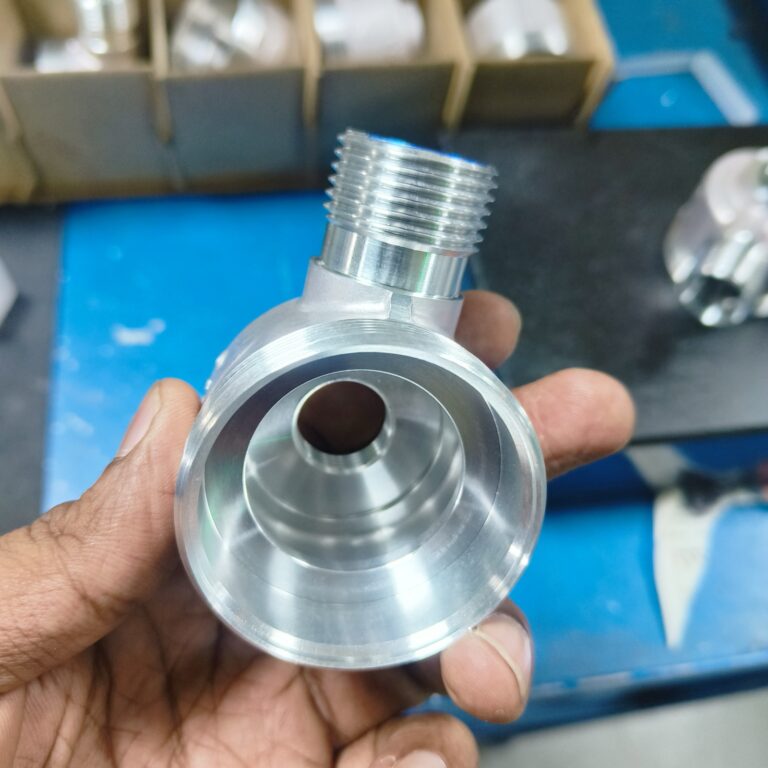
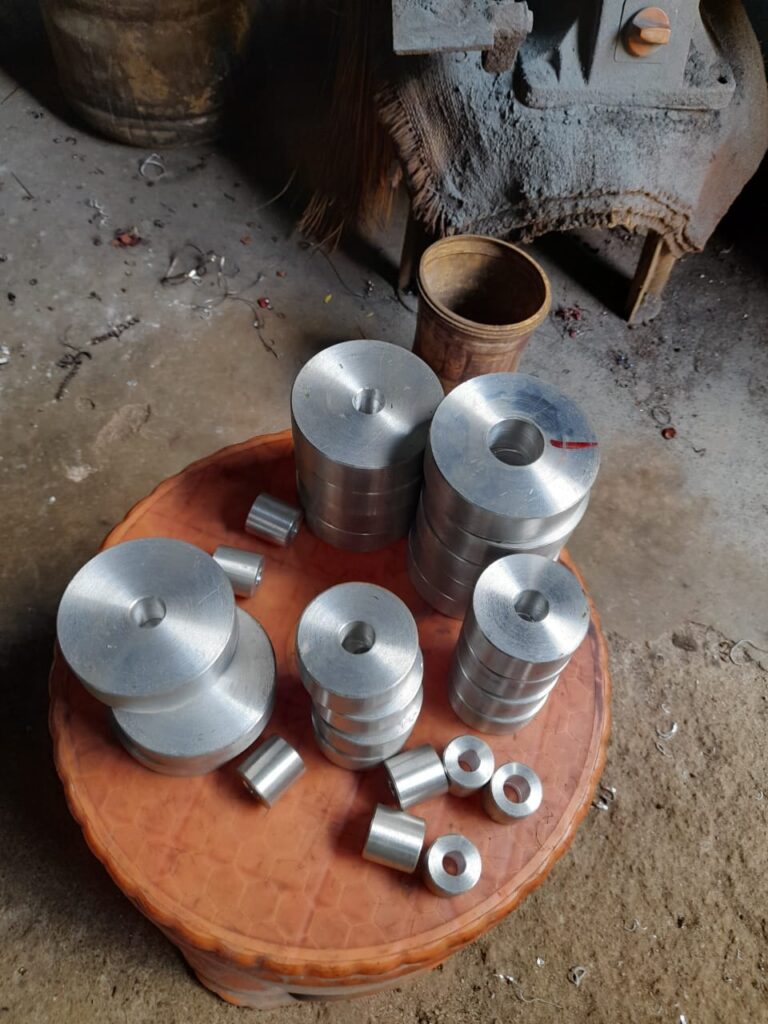
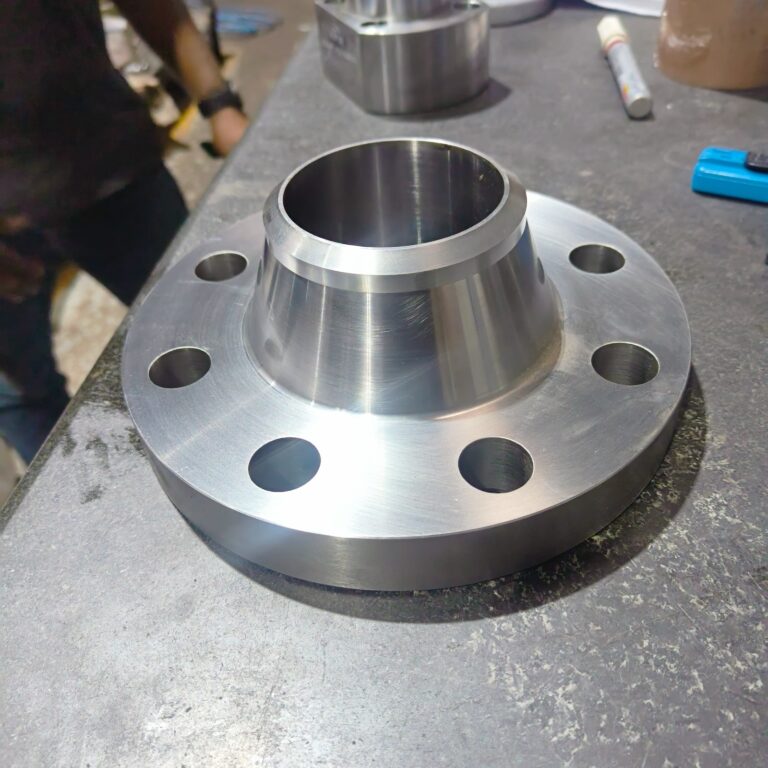
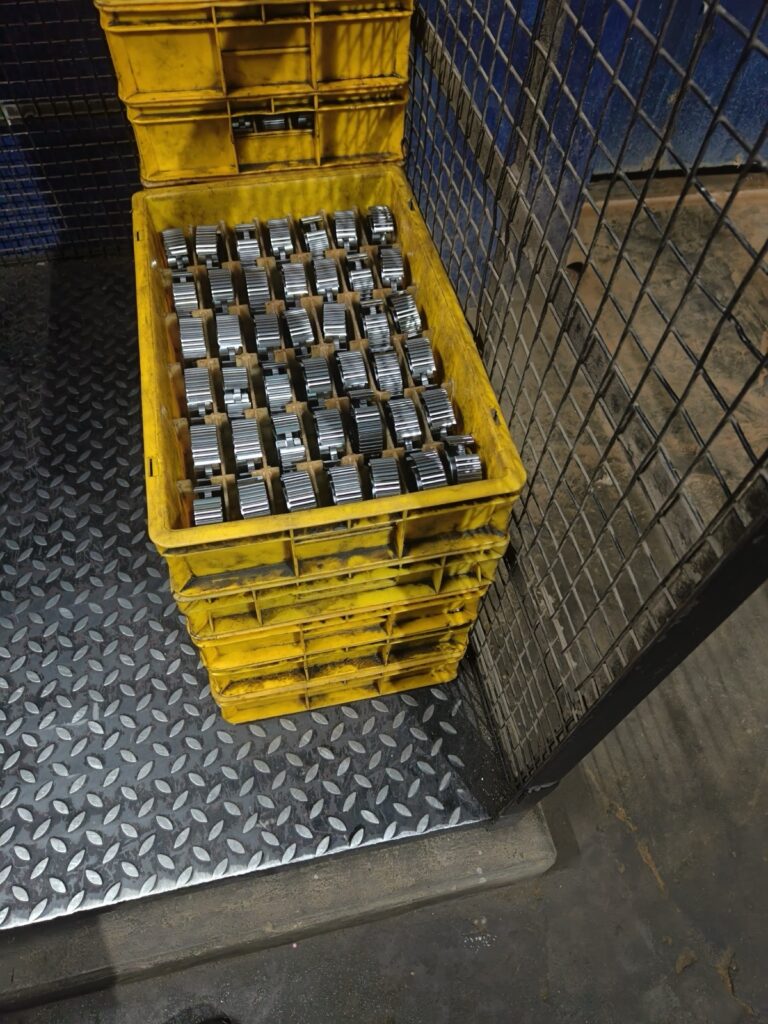
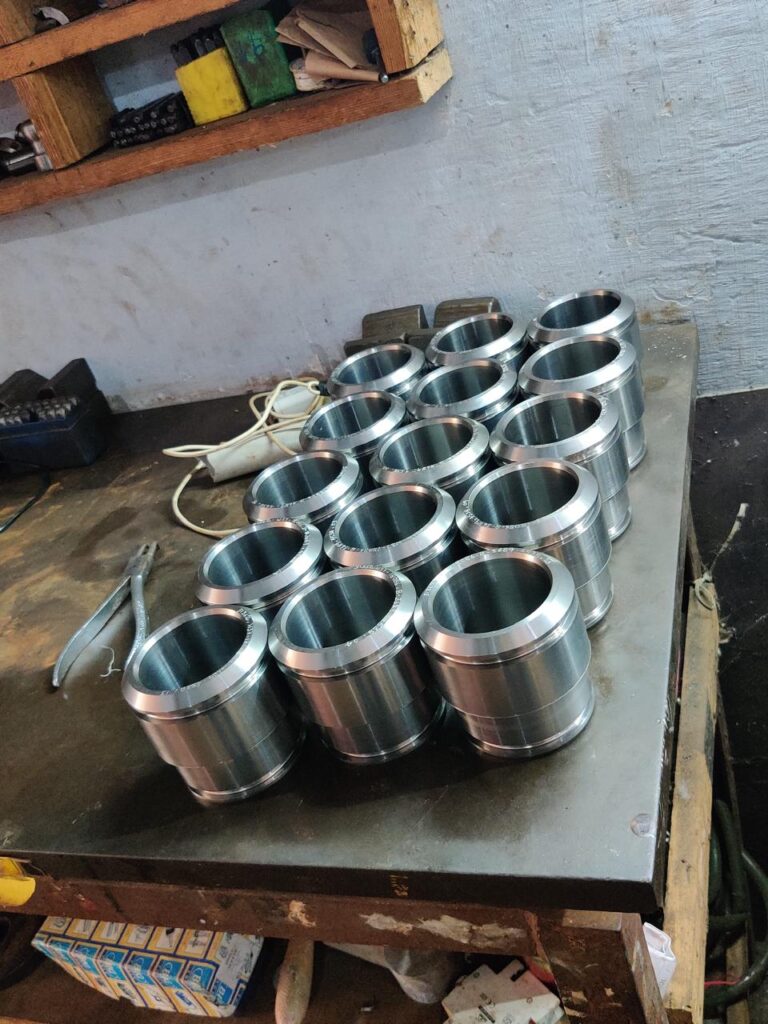
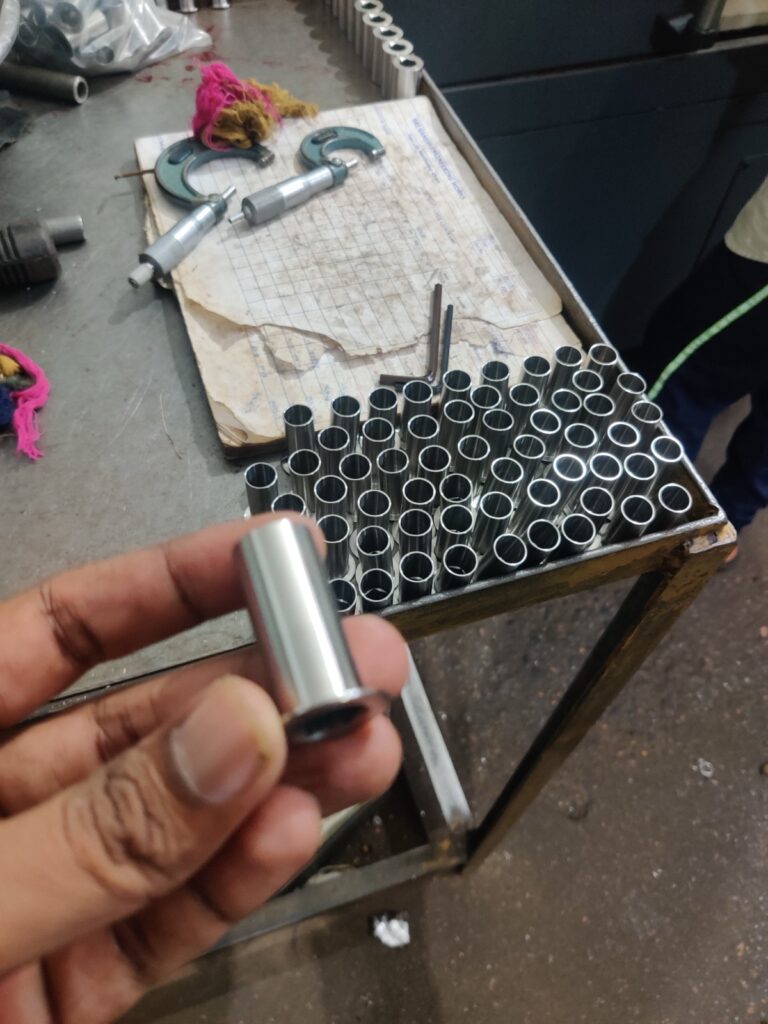
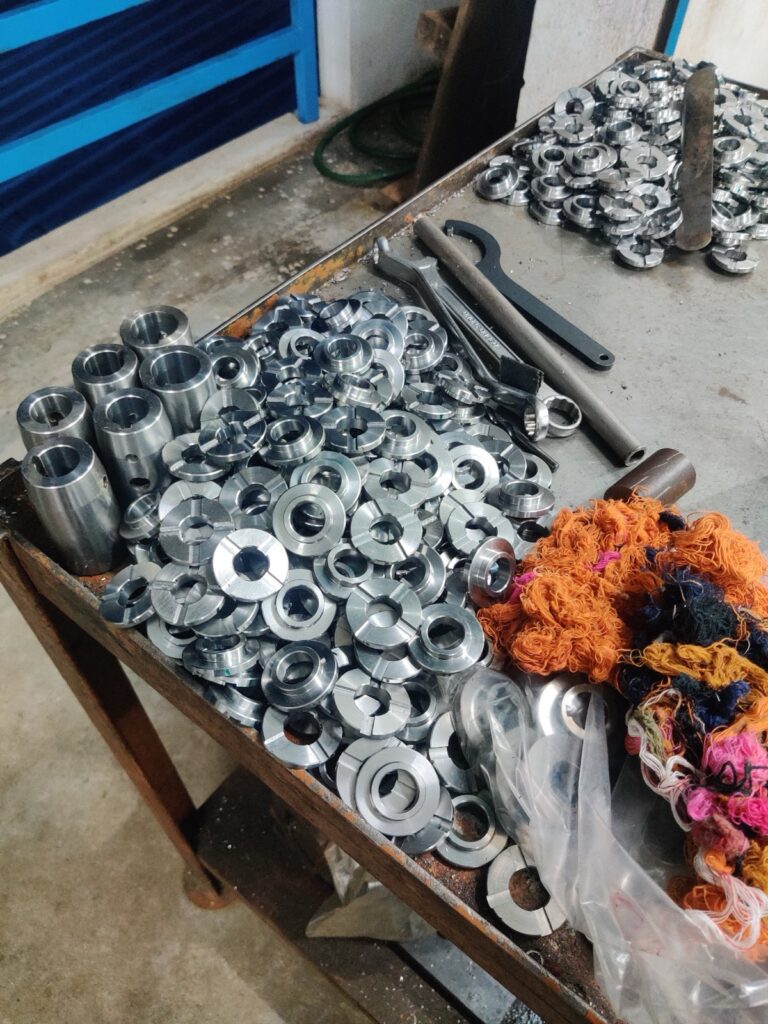
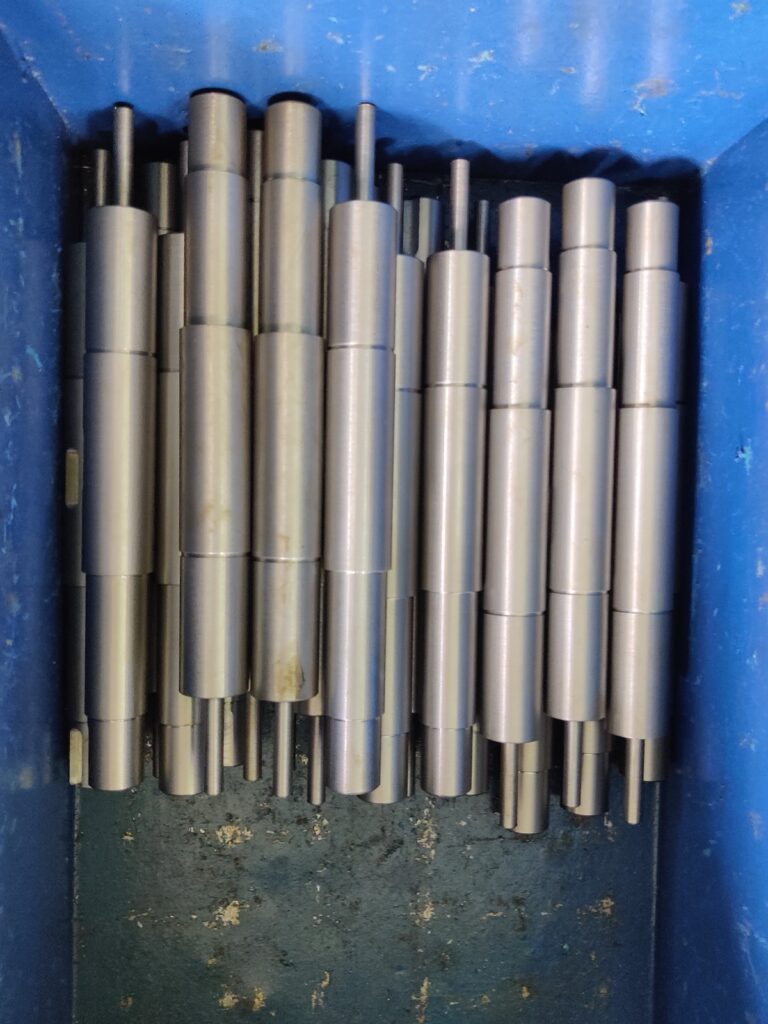
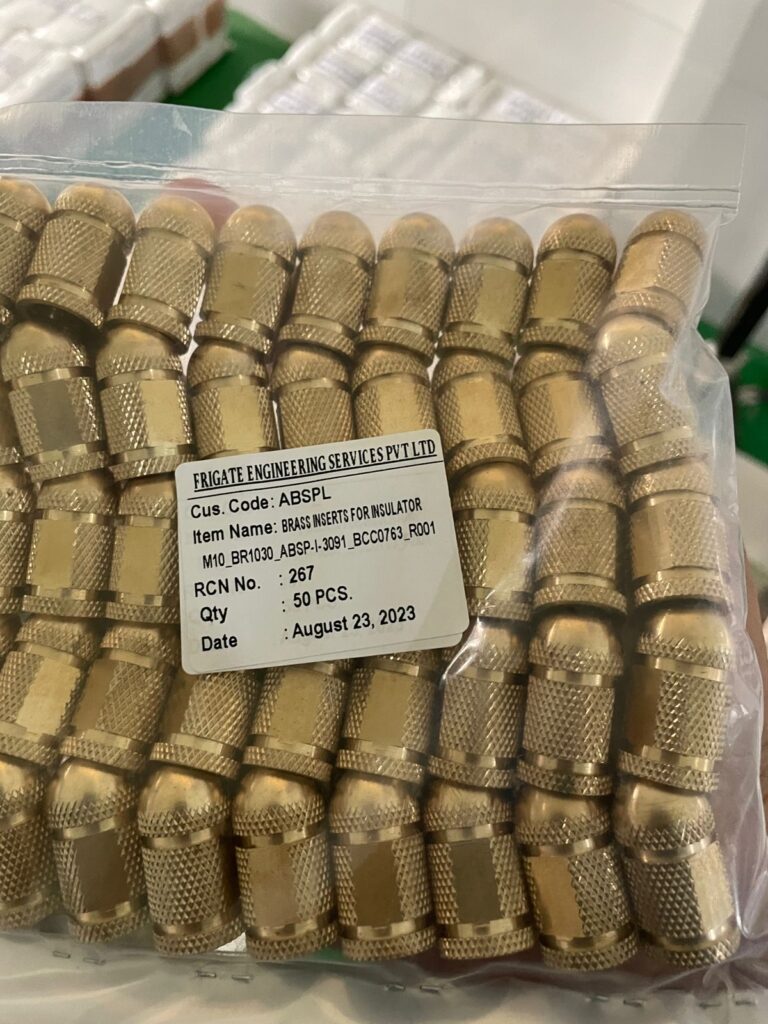
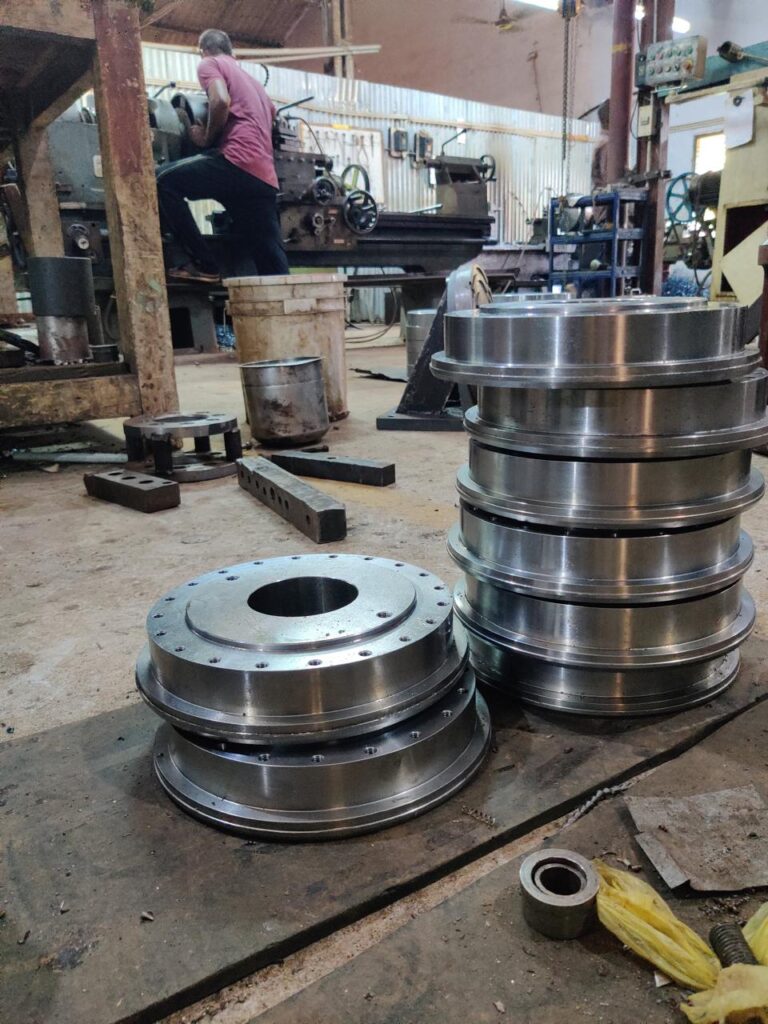
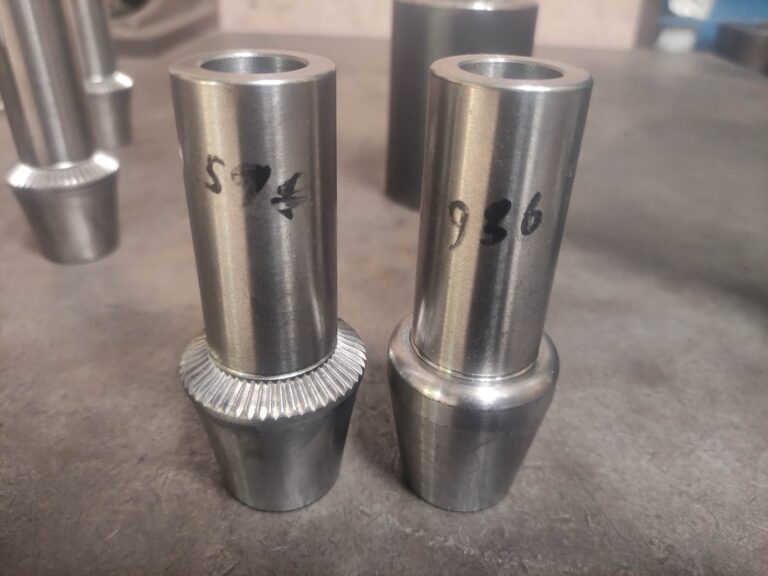
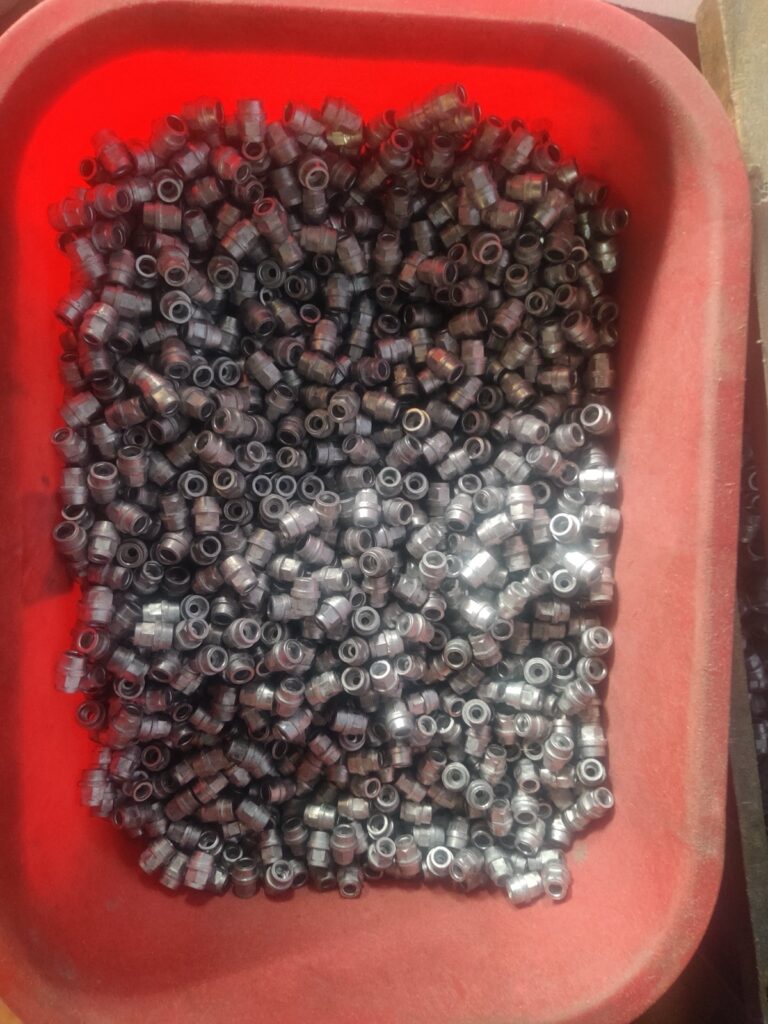
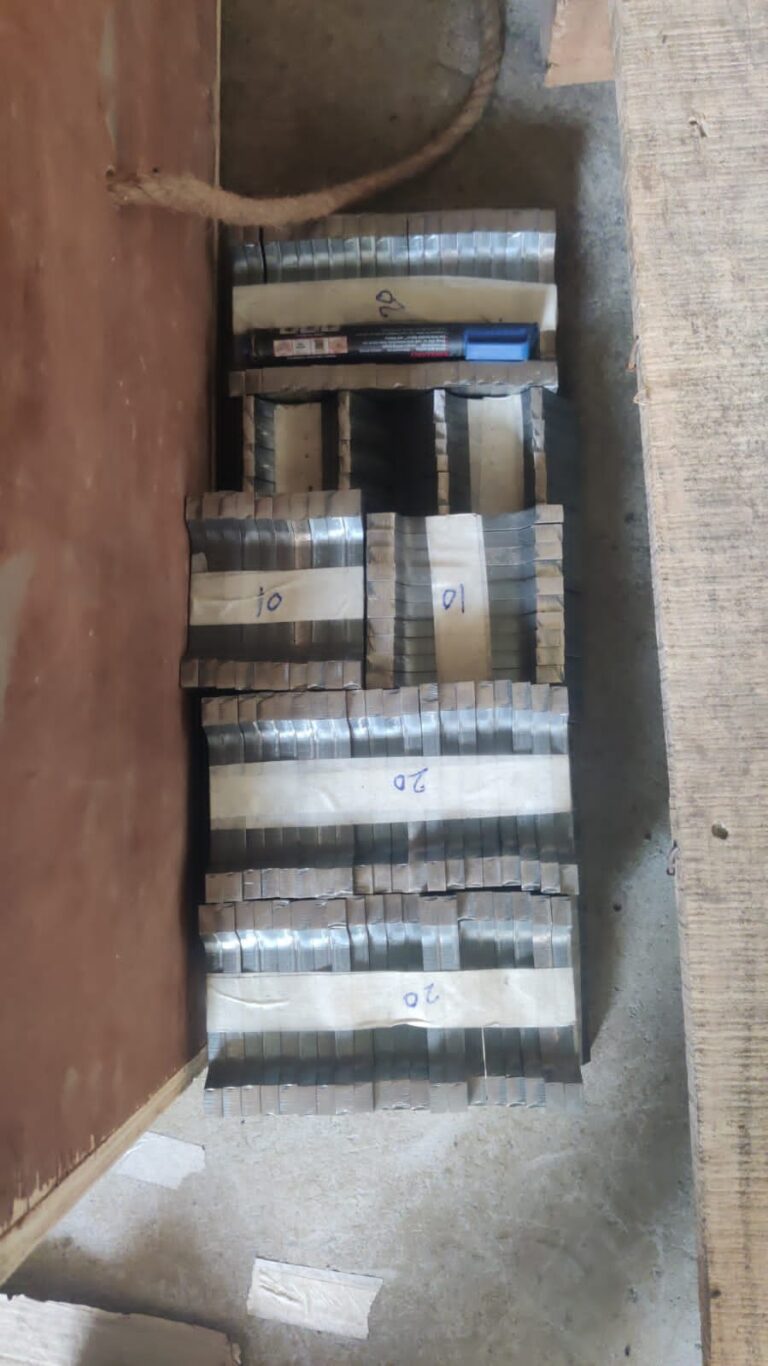
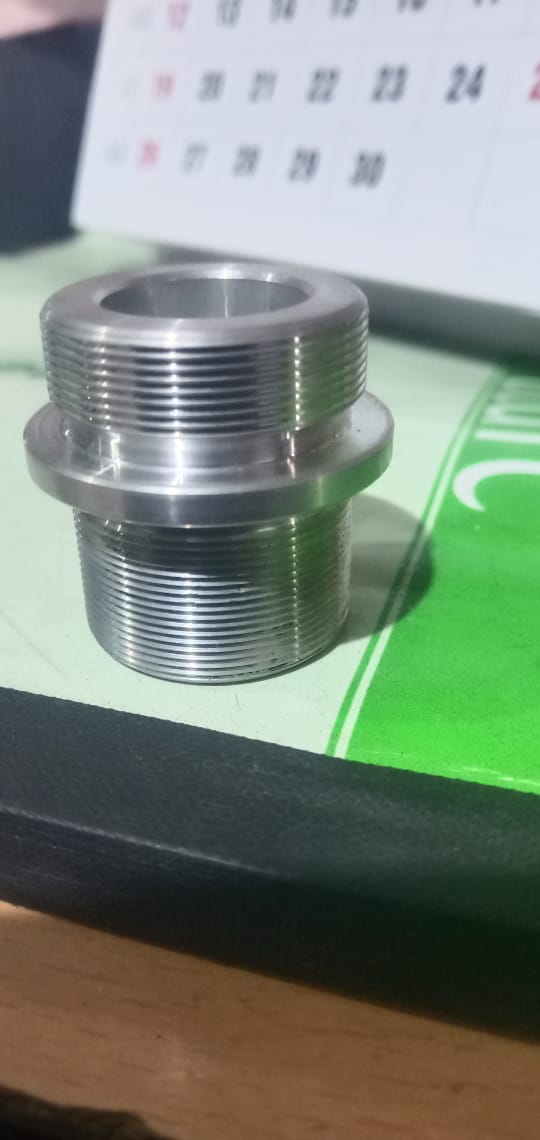
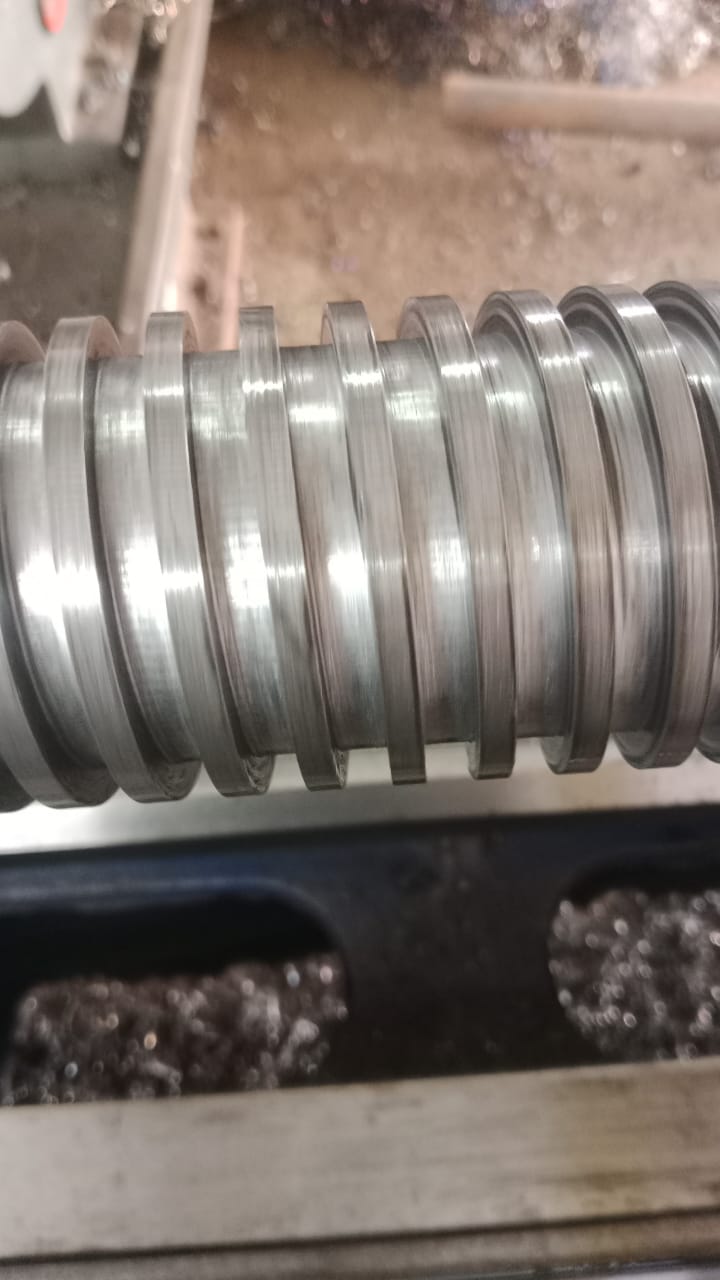
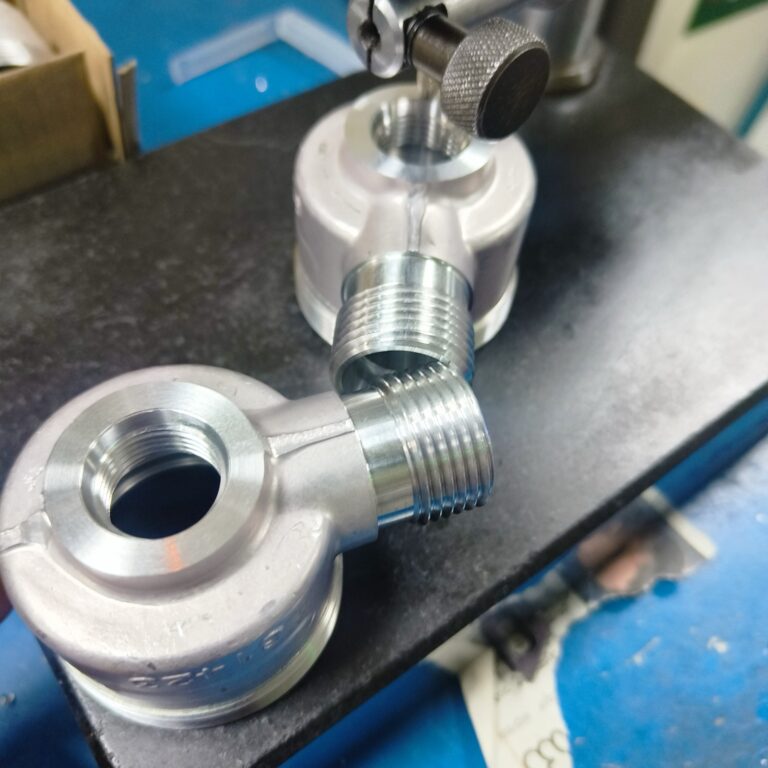
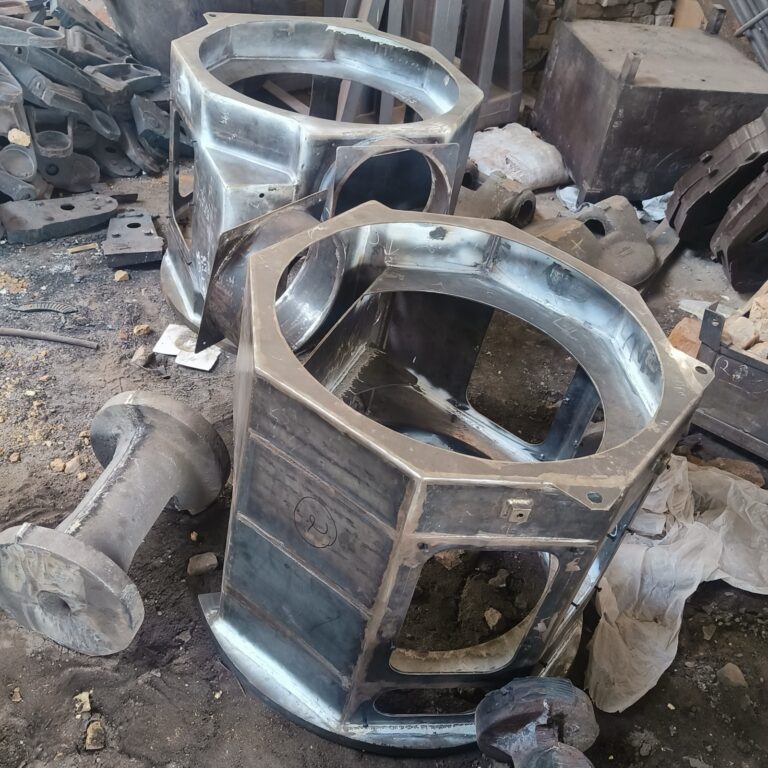
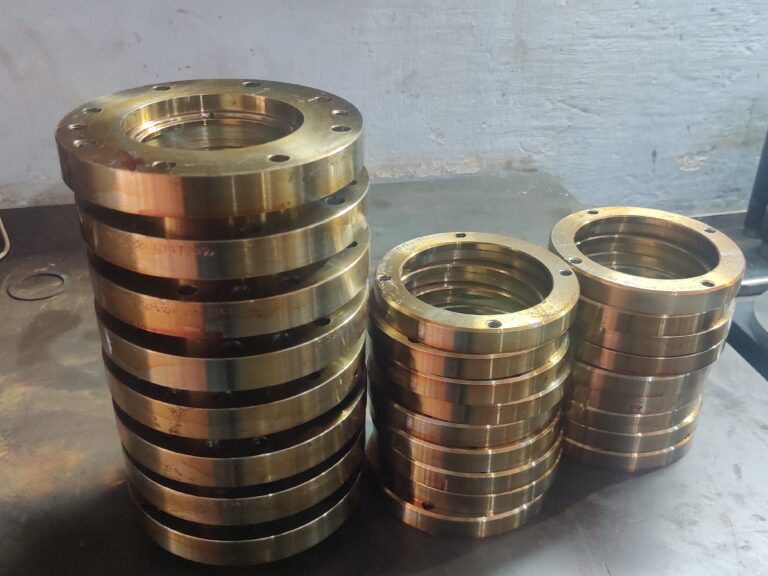
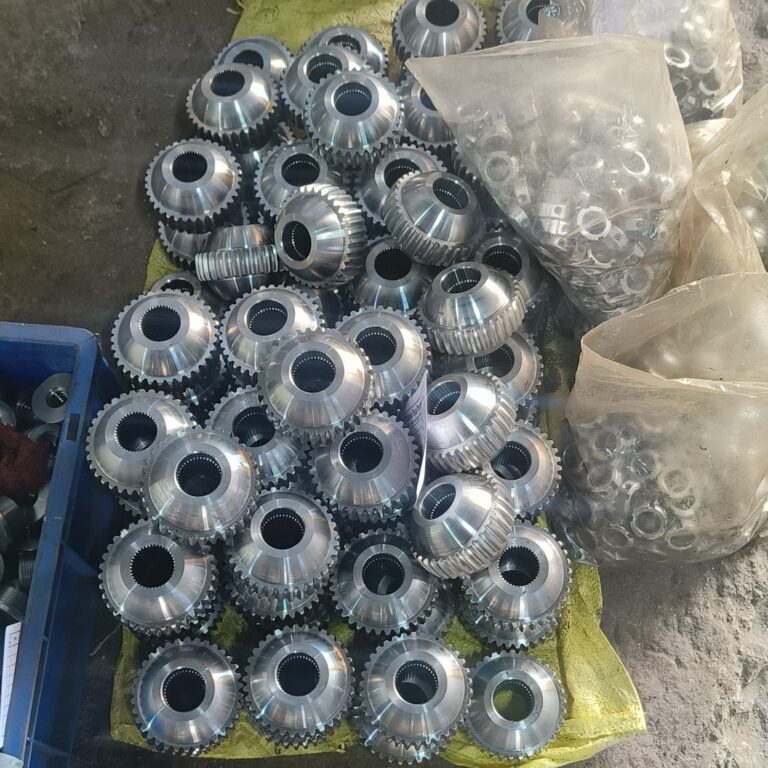
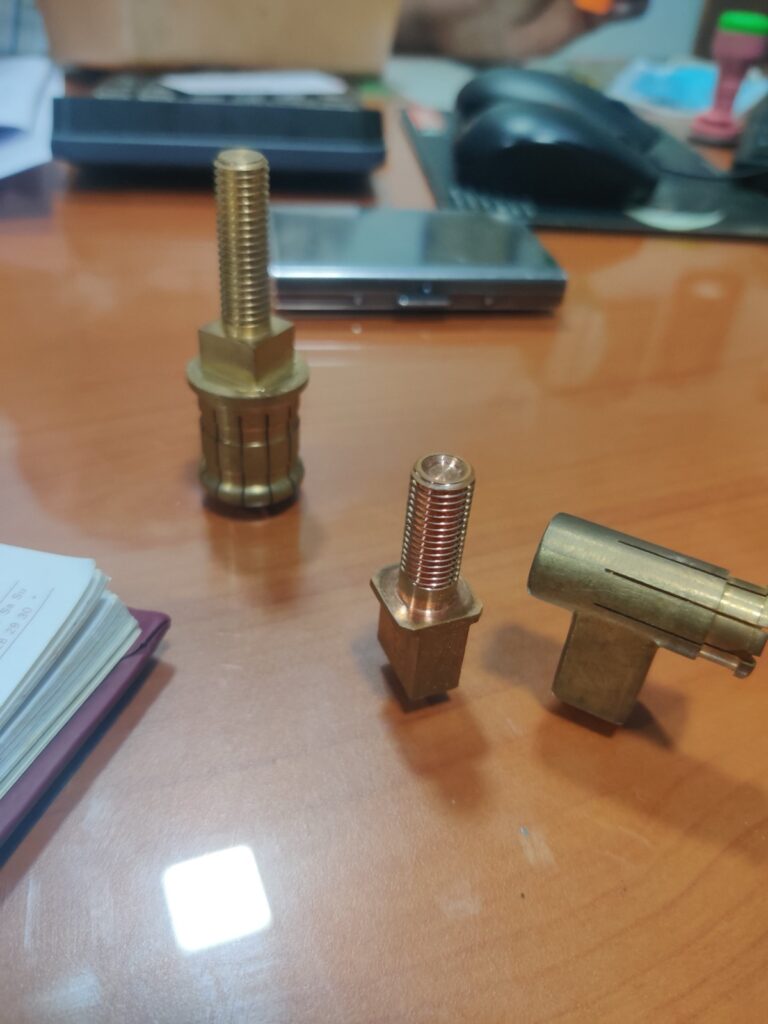
Plastics
Materials
1250 X 1250 MM
Within 10 microns
Engineering Plastics, Polyethylene, Polypropylene, Polyvinyl chloride, Polyethylene terephthalate, Bioplastics, etc.
Rubber
Materials
Natural rubber, Styrene-Butadiene Rubber, Nitrile Butadiene Rubber, Silicone Rubber, Fluorocarbon Rubber, Recycled Rubber, etc.
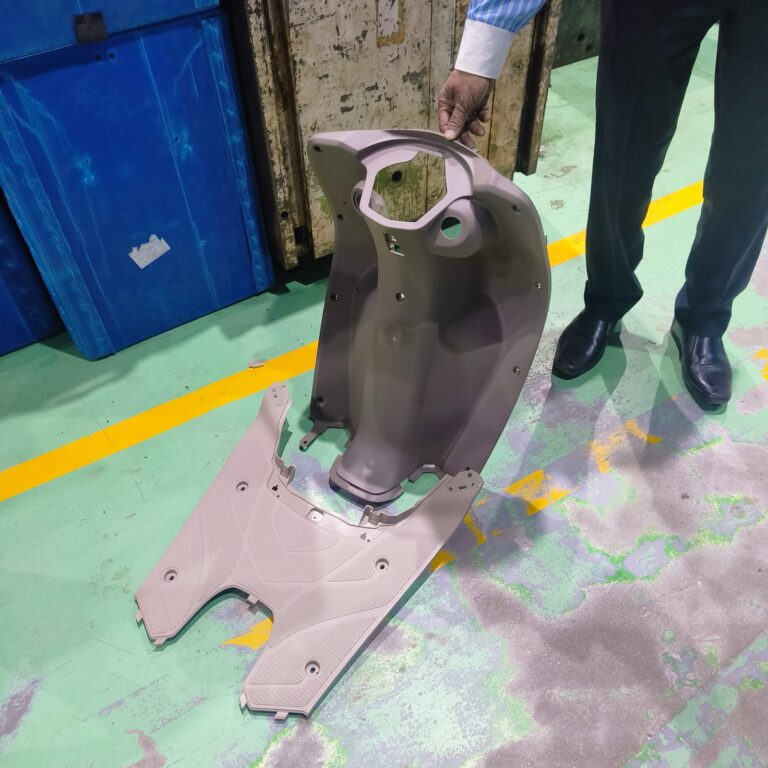
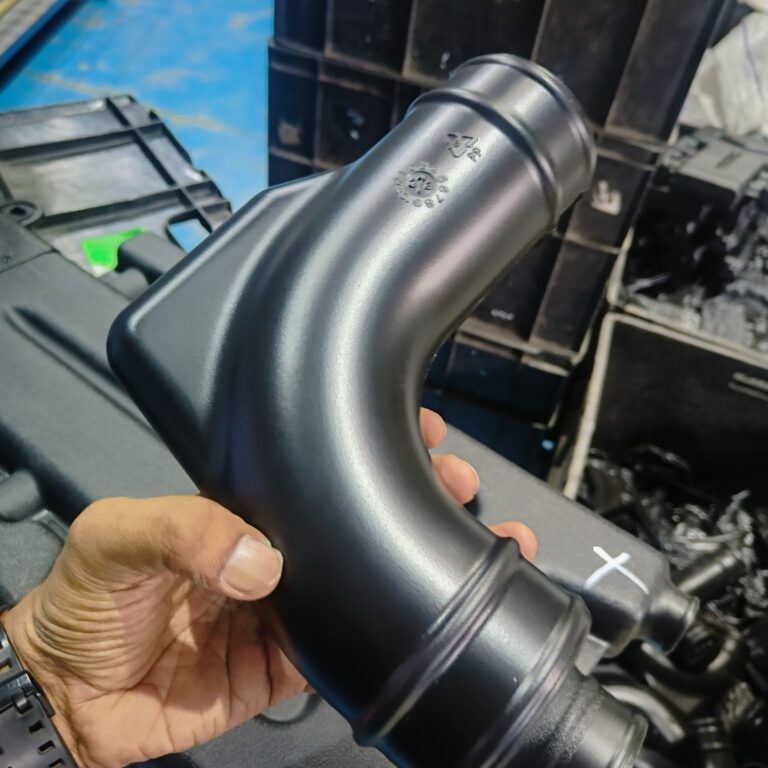
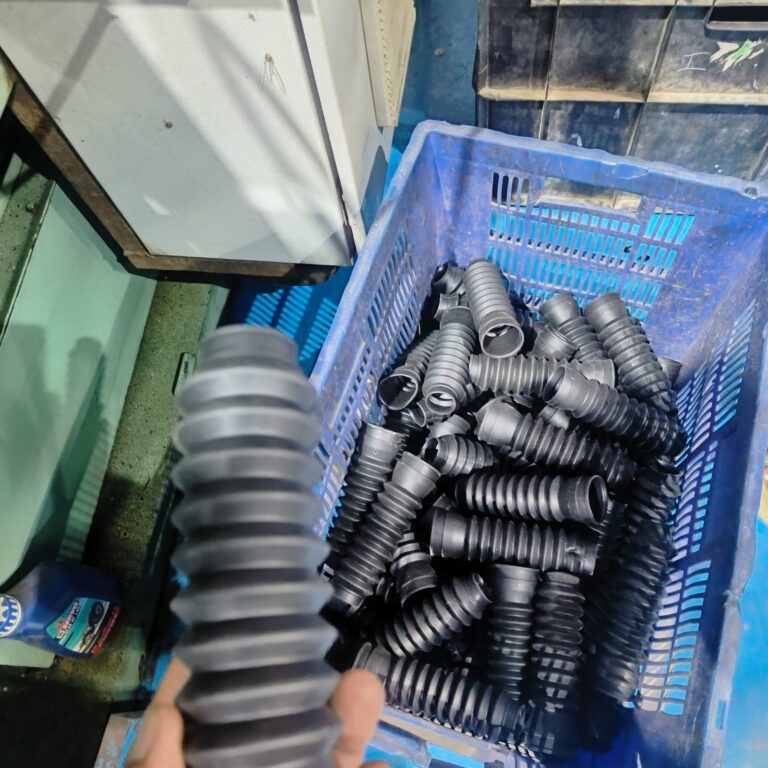
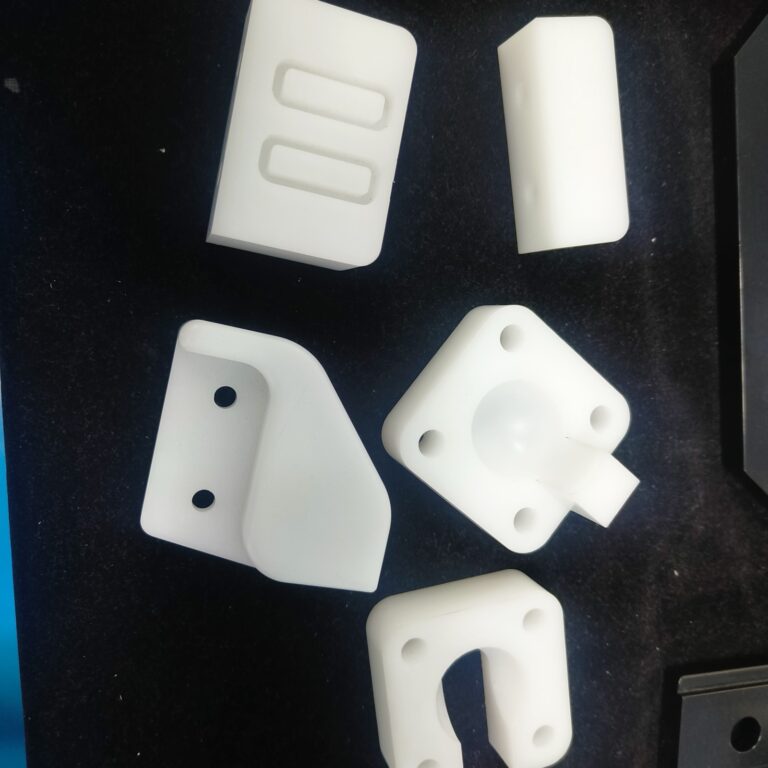
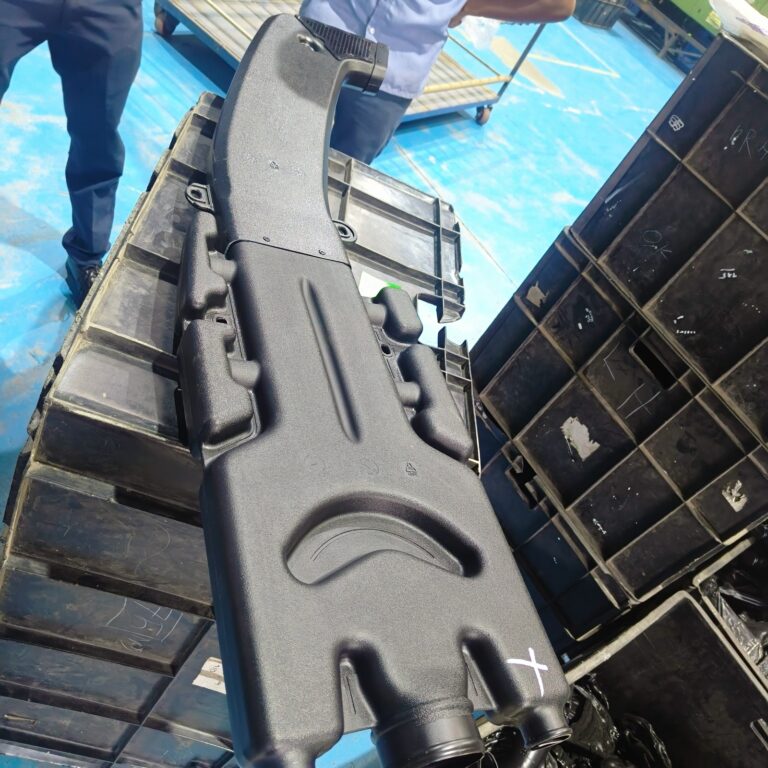
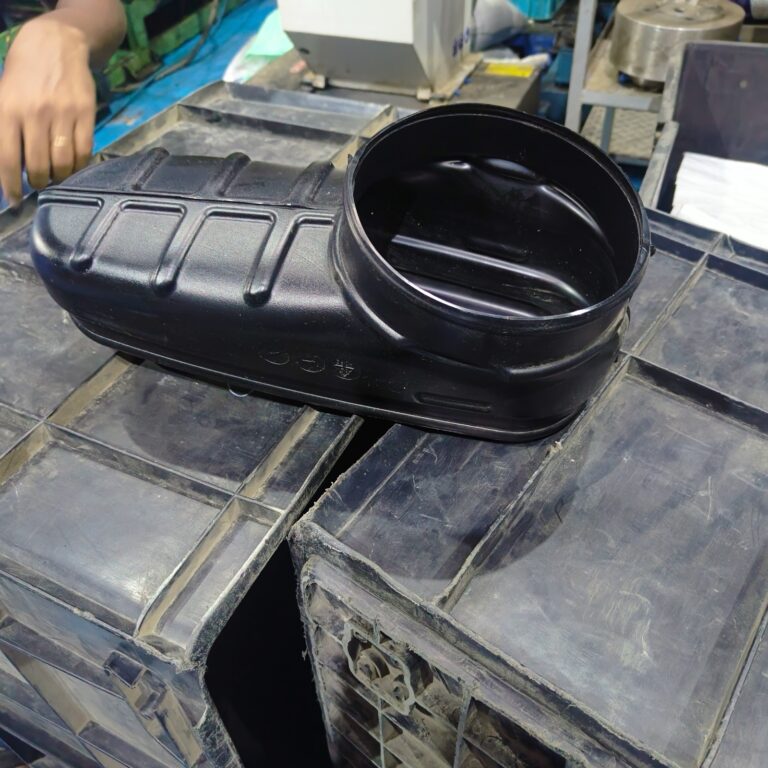
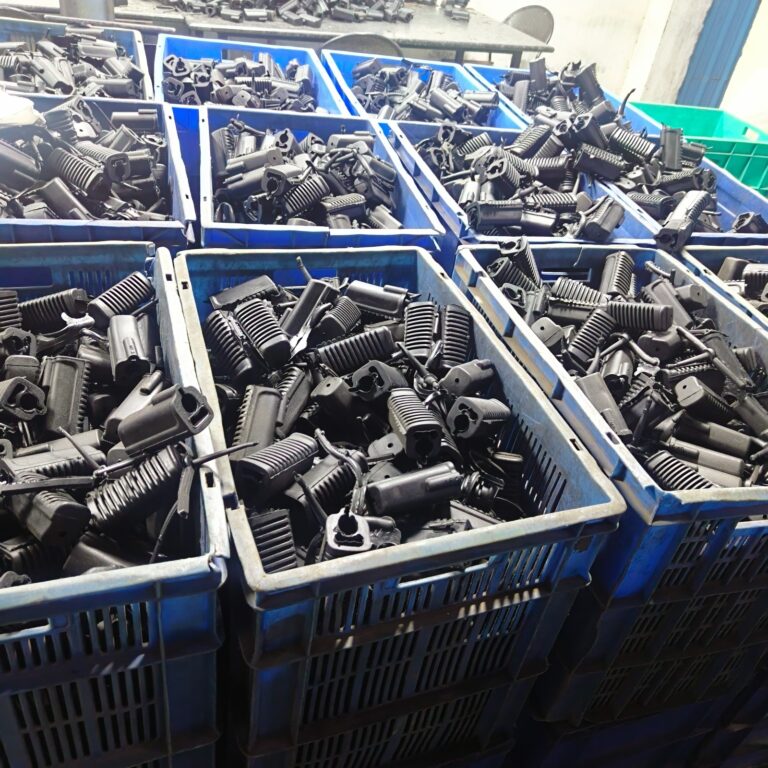
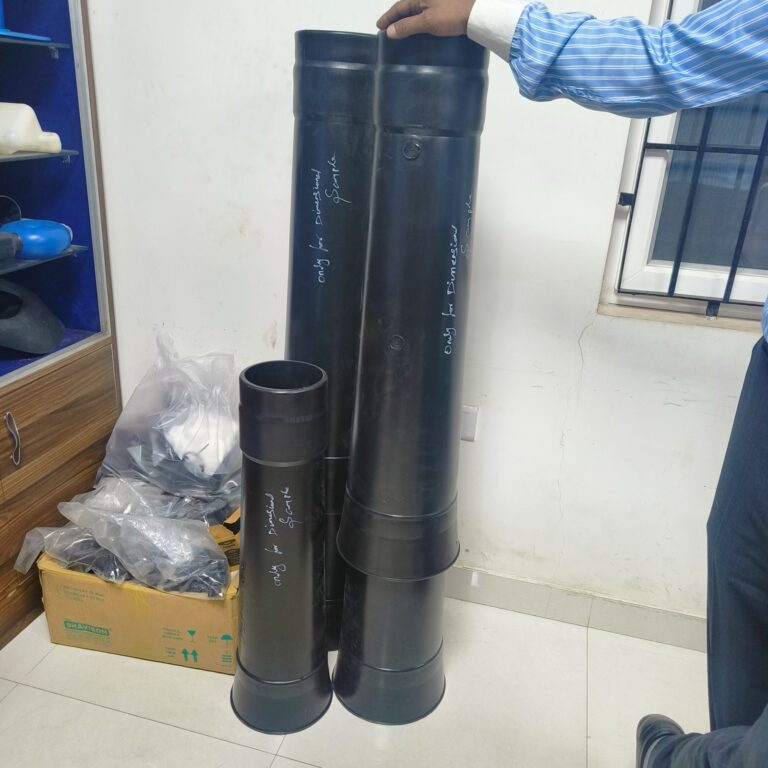
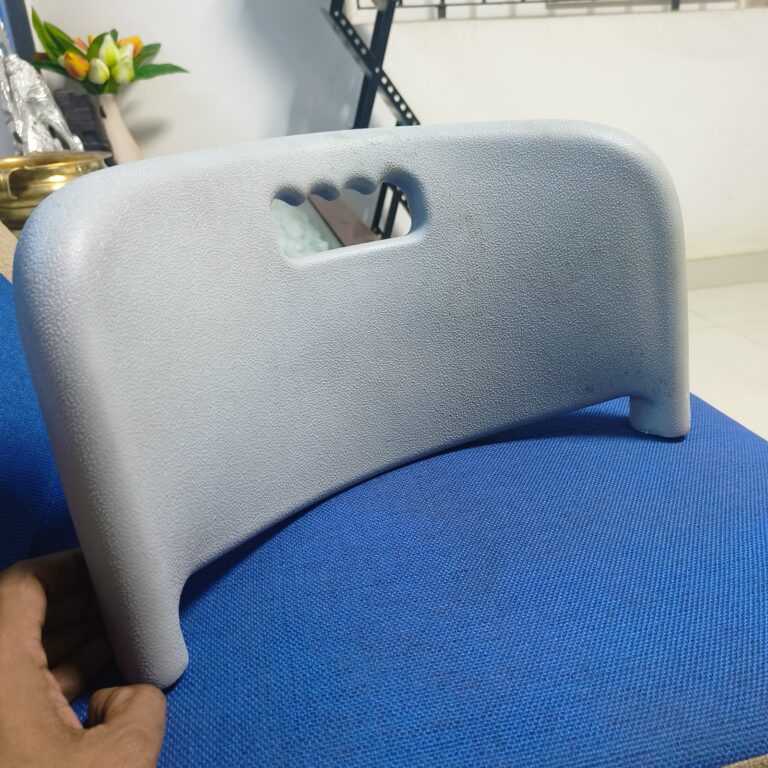
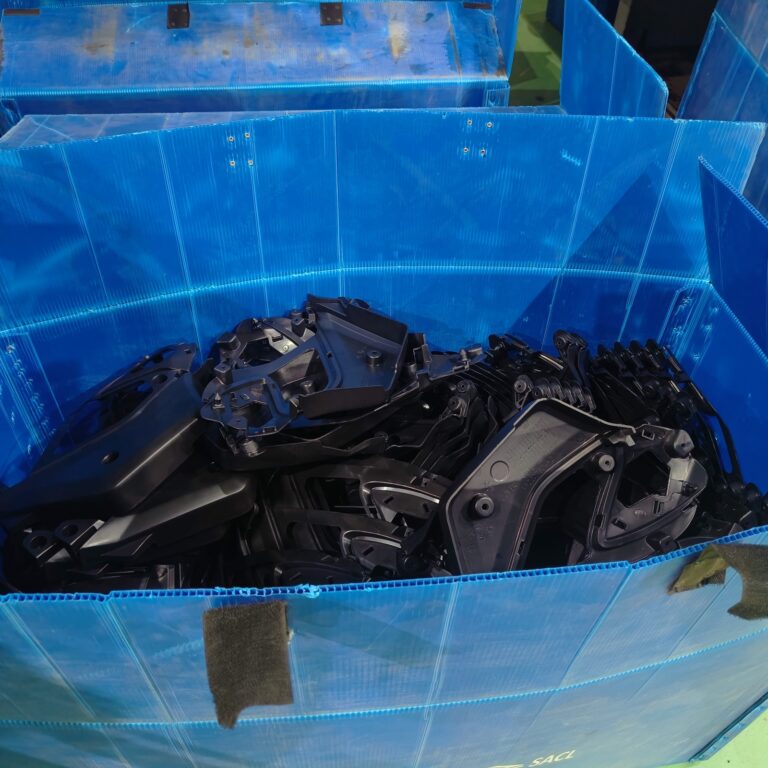
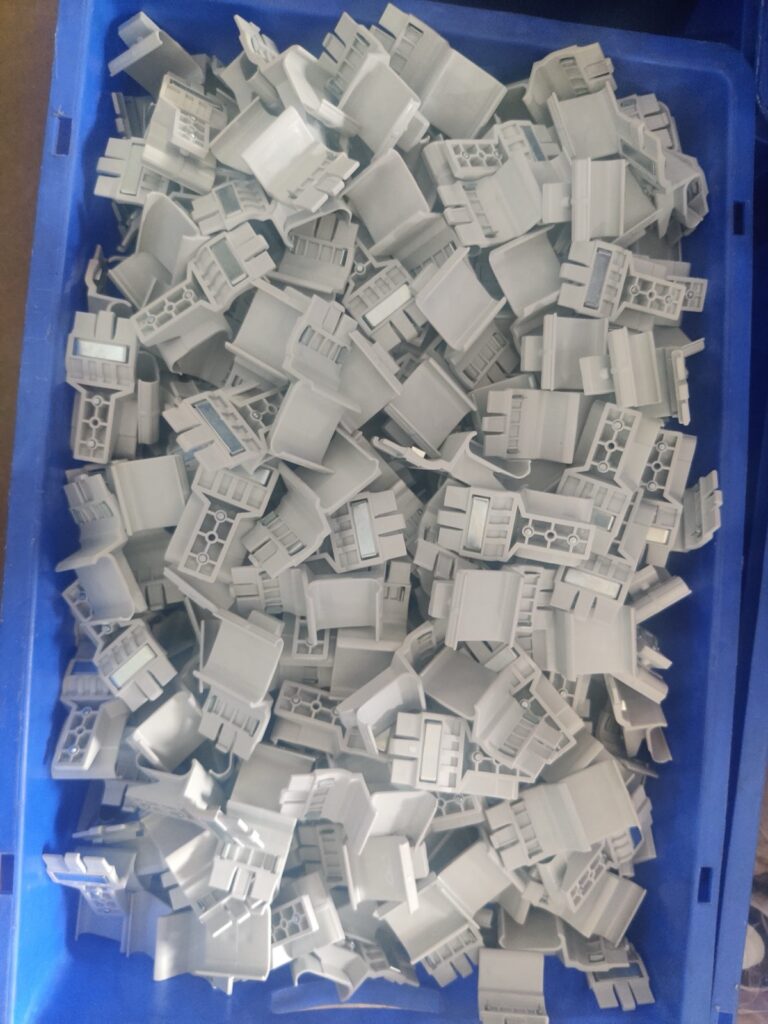
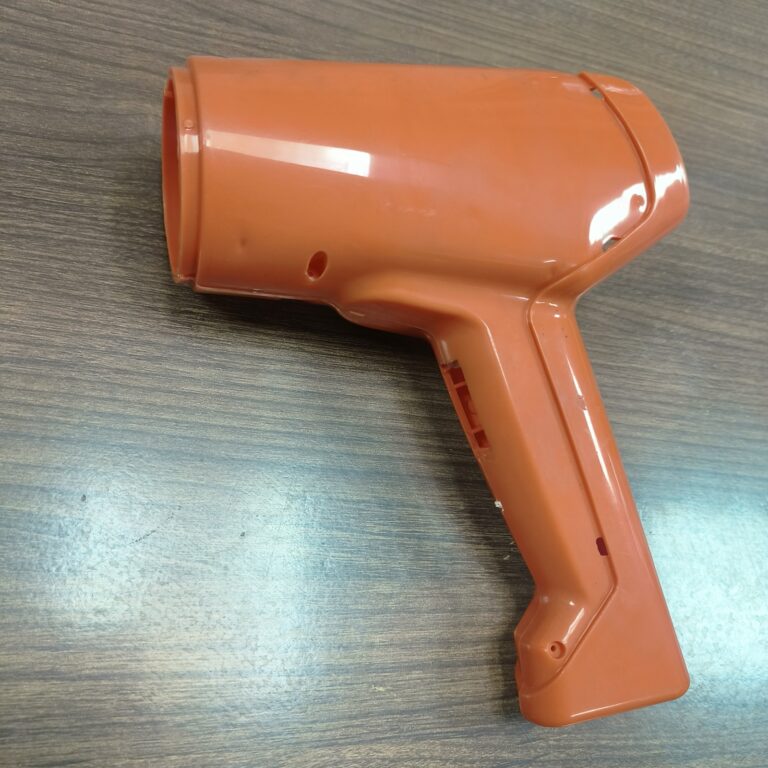
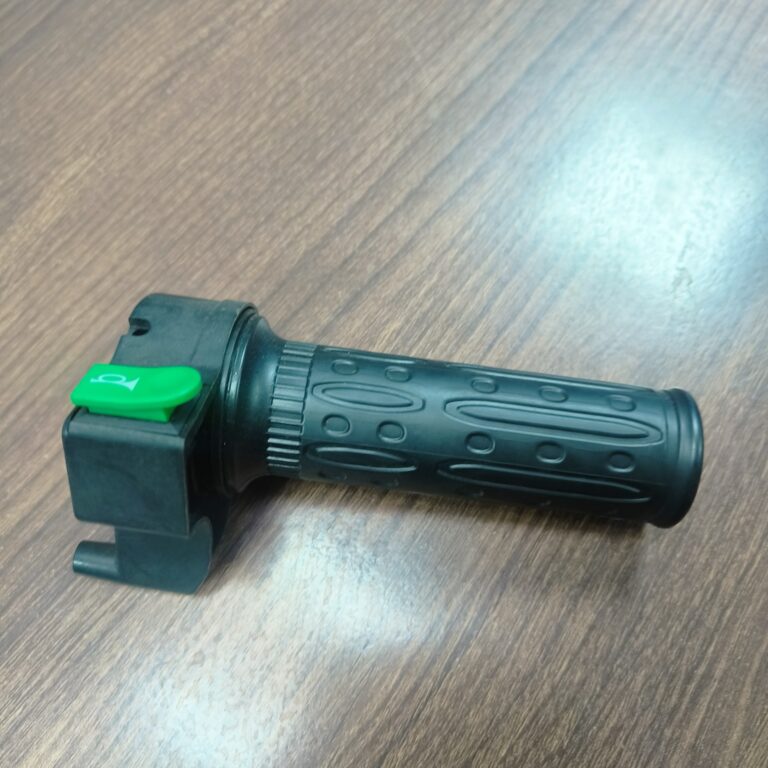
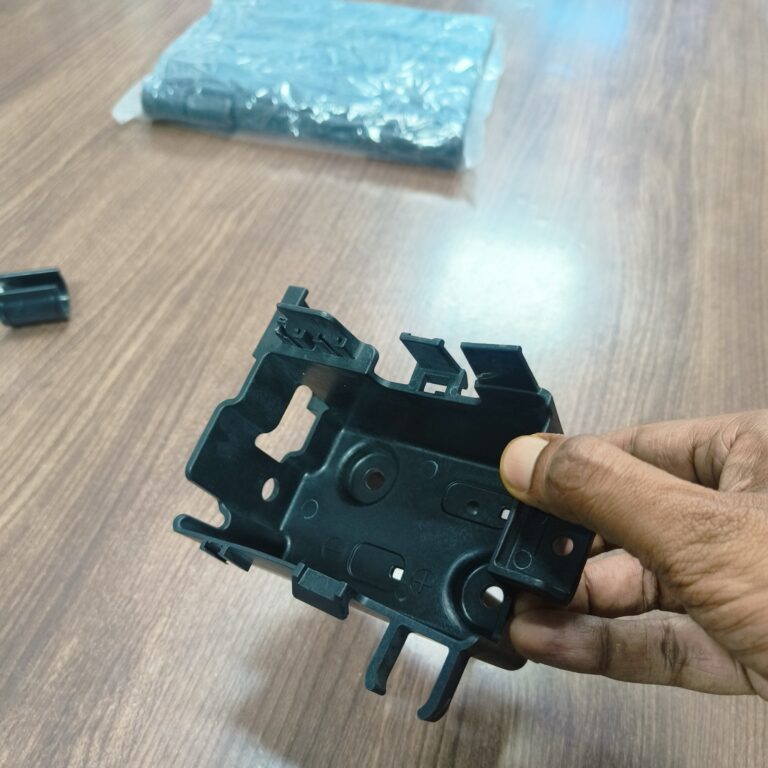
Heavy Fabrication
24000 MT/a
Materials
CS / MS, Alloy steel, Stainless Steel, etc.
Sheet Metal Fabrication
0.8 to 25 mm
Materials
Mild Steel, Stainless Steel, Aluminum, Brass, Copper, etc.


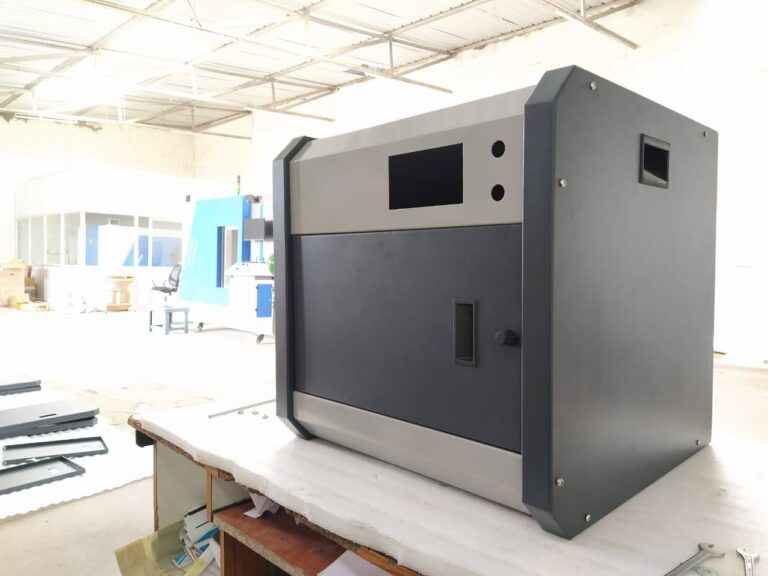


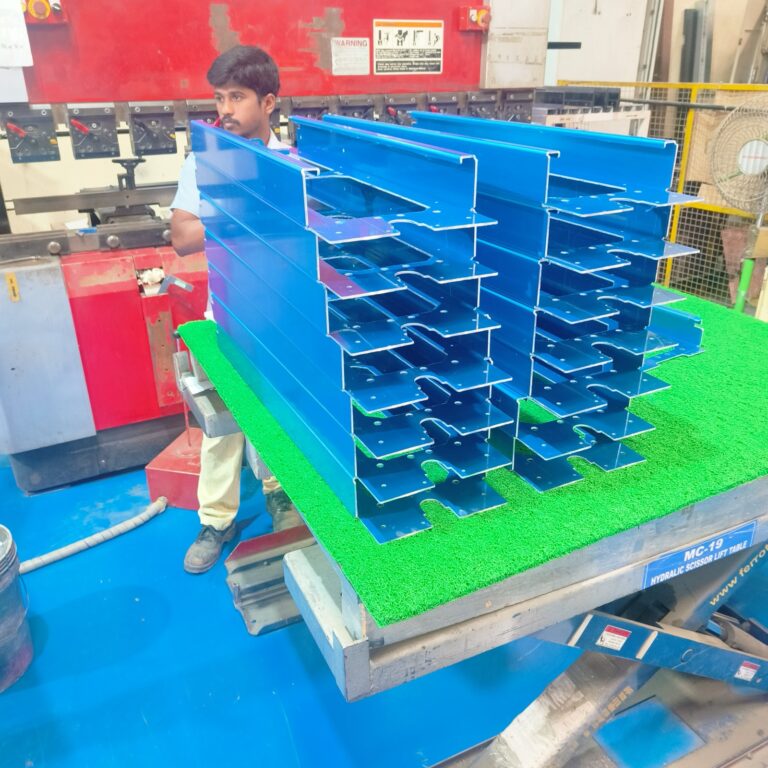
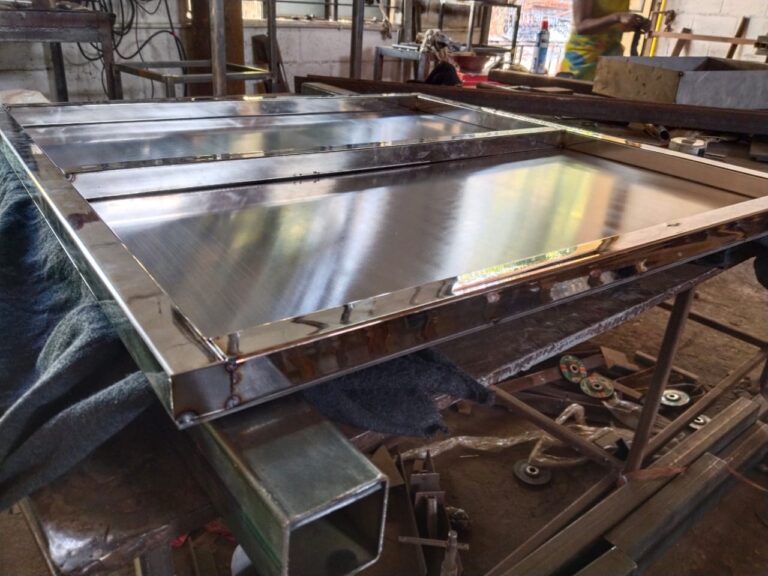
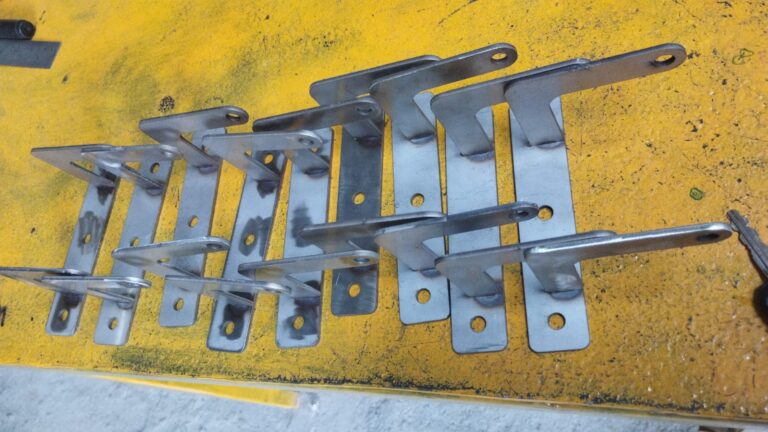
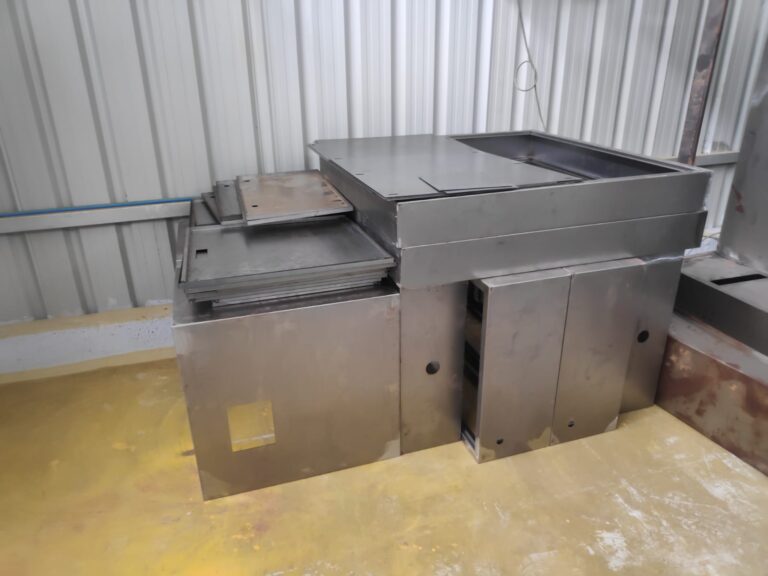
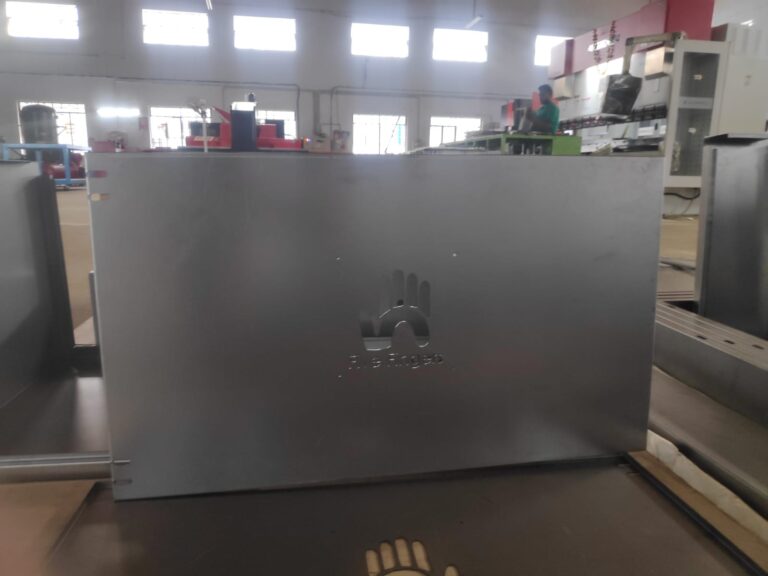
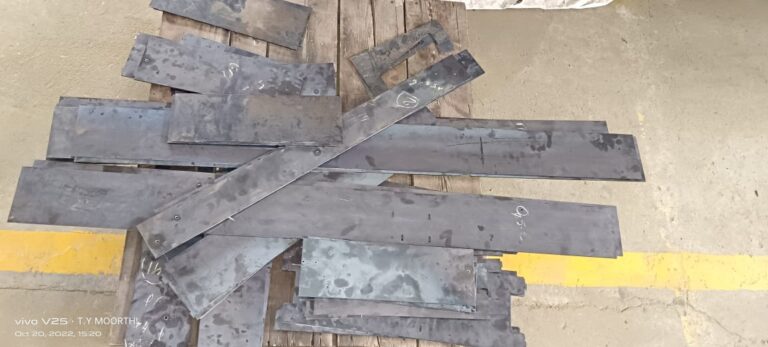
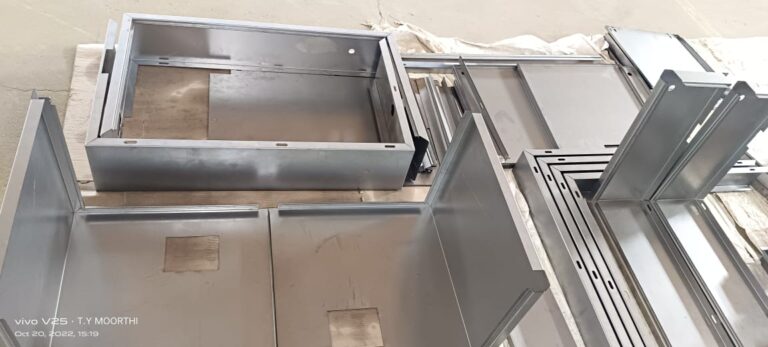
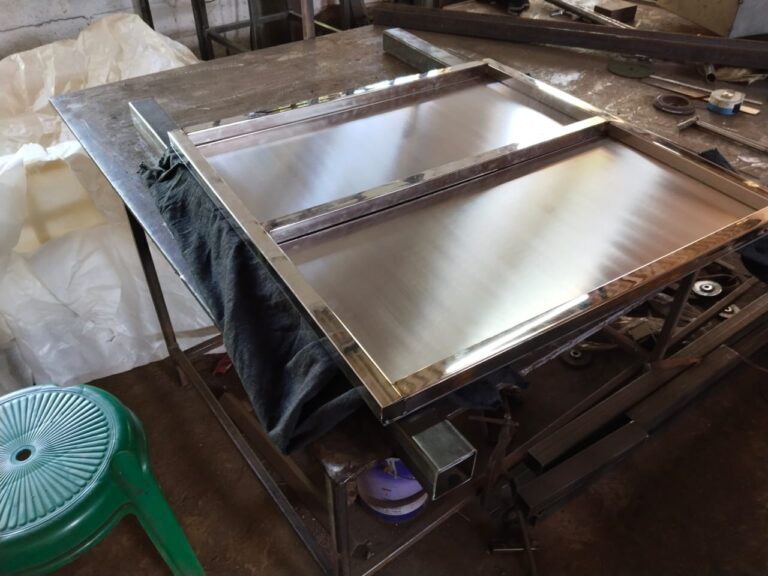
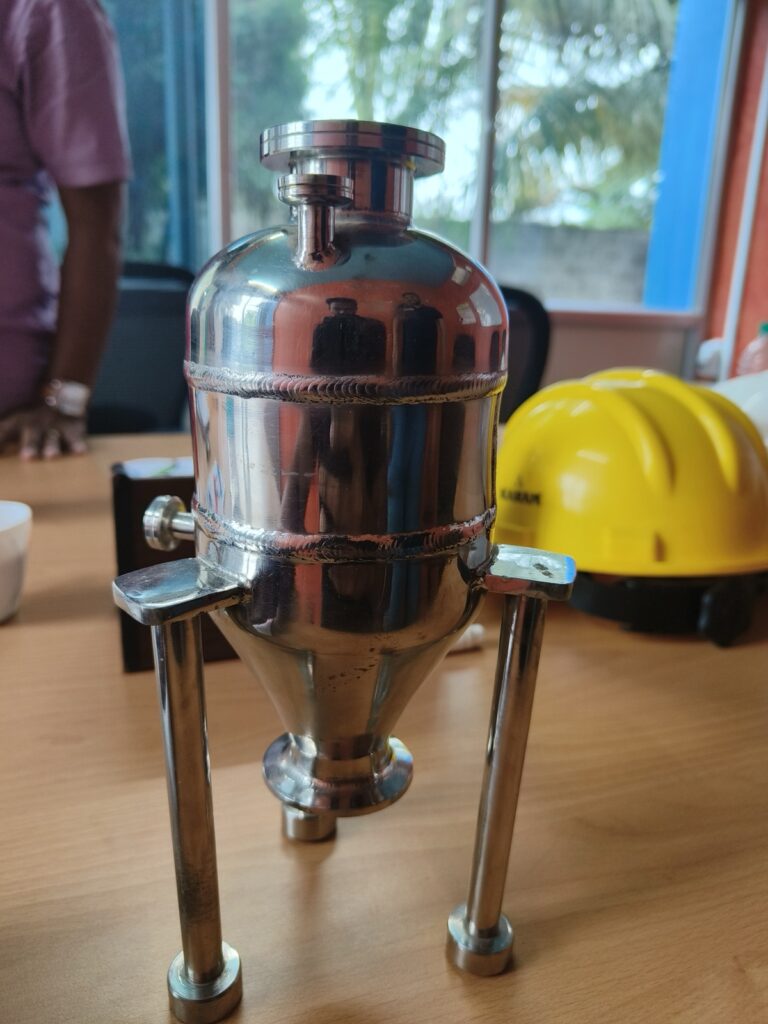
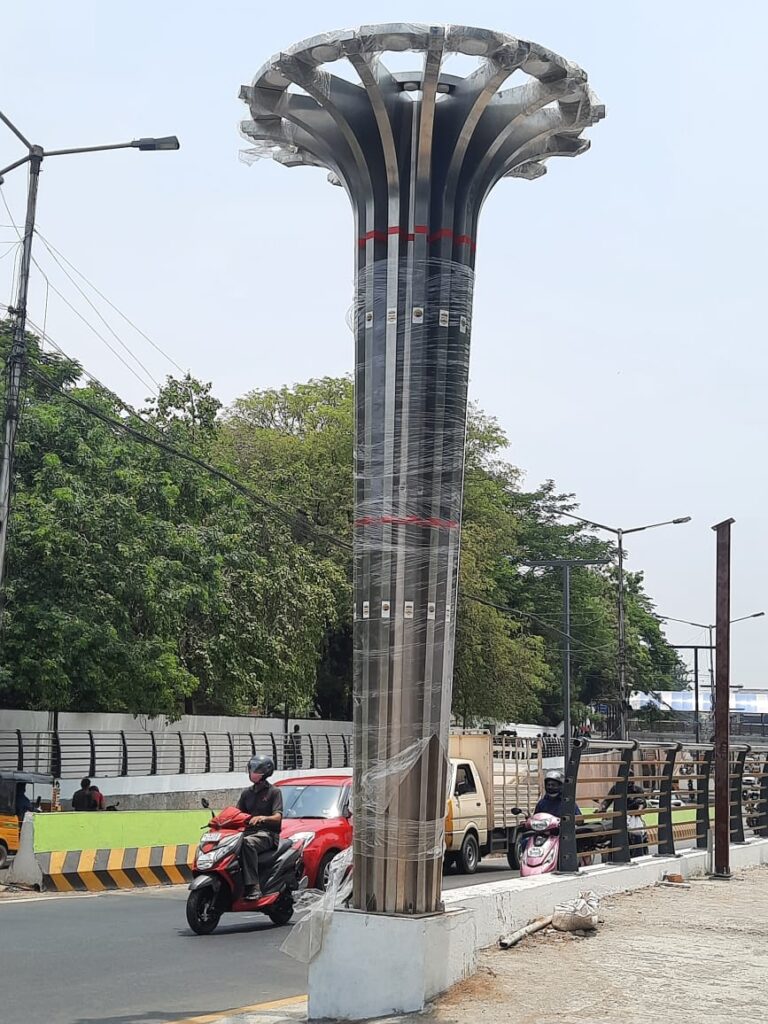
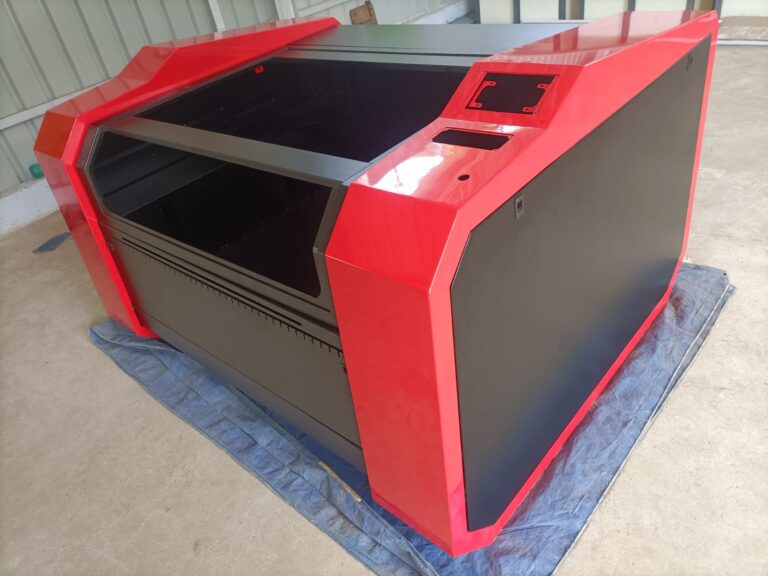
We'd love to Manufacture for you!
Submit the form below and our representative will be in touch shortly.
LOCATIONS
Registered Office
10-A, First Floor, V.V Complex, Prakash Nagar, Thiruverumbur, Trichy-620013, Tamil Nadu, India.
Operations Office
9/1, Poonthottam Nagar, Ramanandha Nagar, Saravanampatti, Coimbatore-641035, Tamil Nadu, India. ㅤ
Other Locations
- Bhilai
- Chennai
- USA
- Germany

